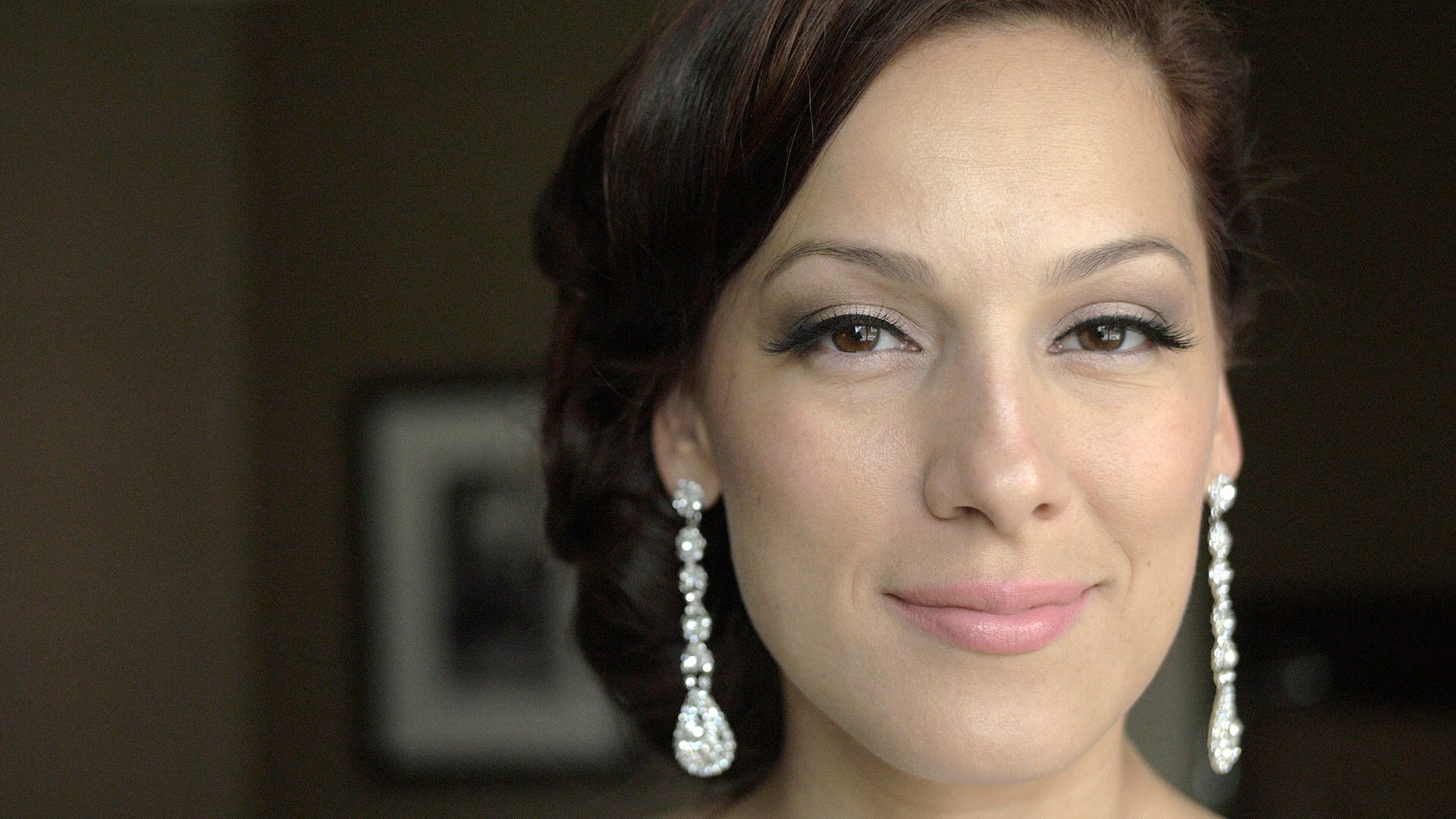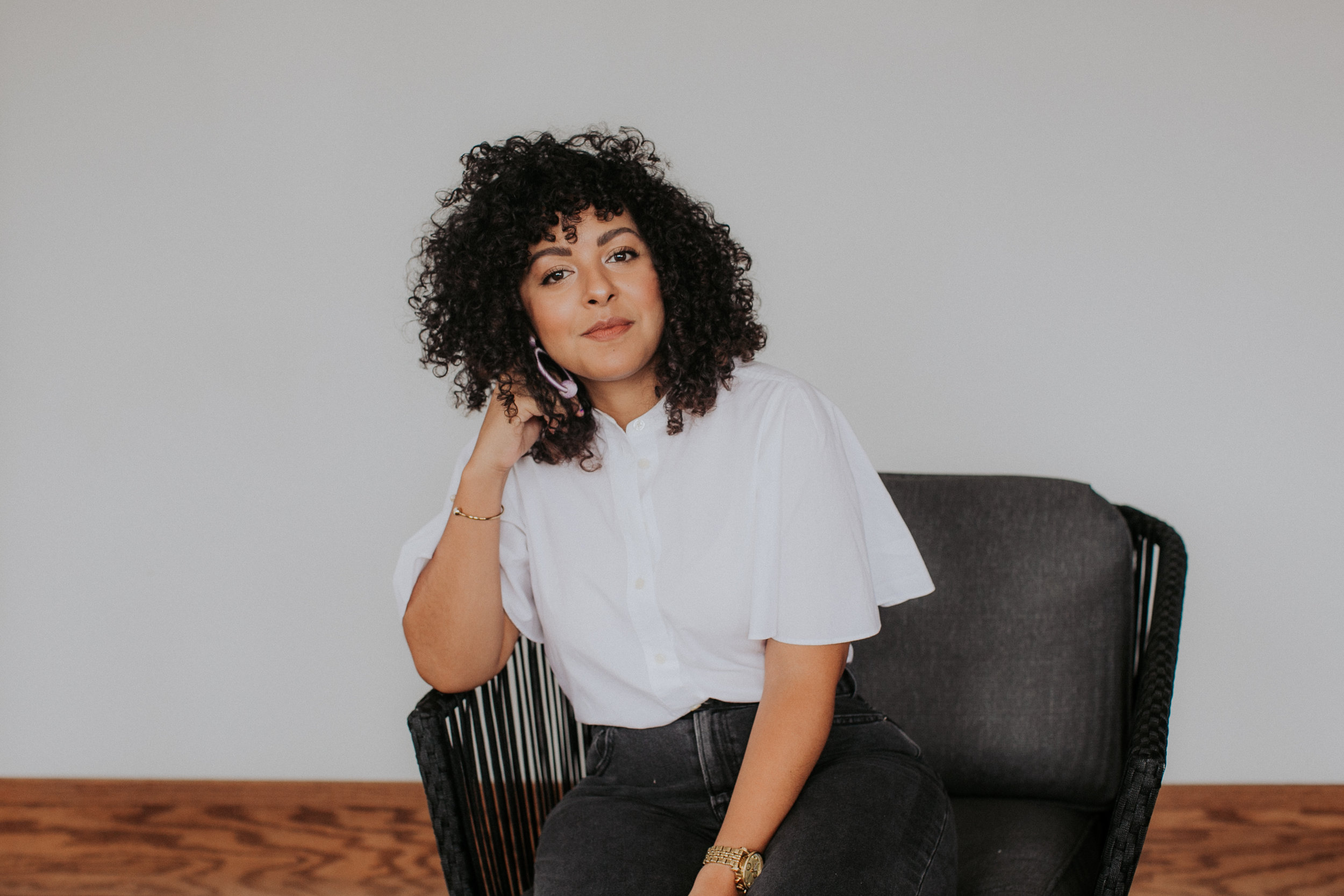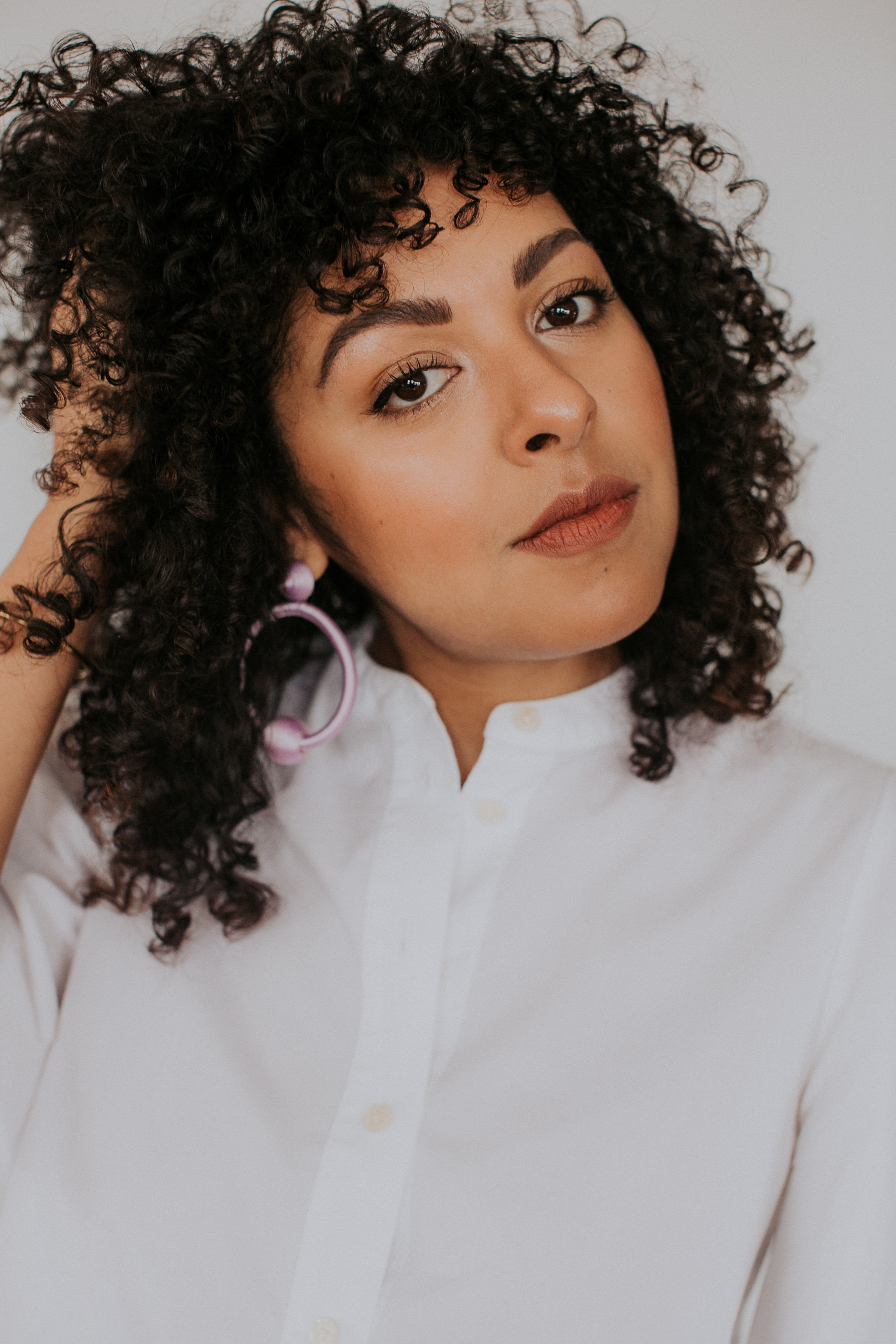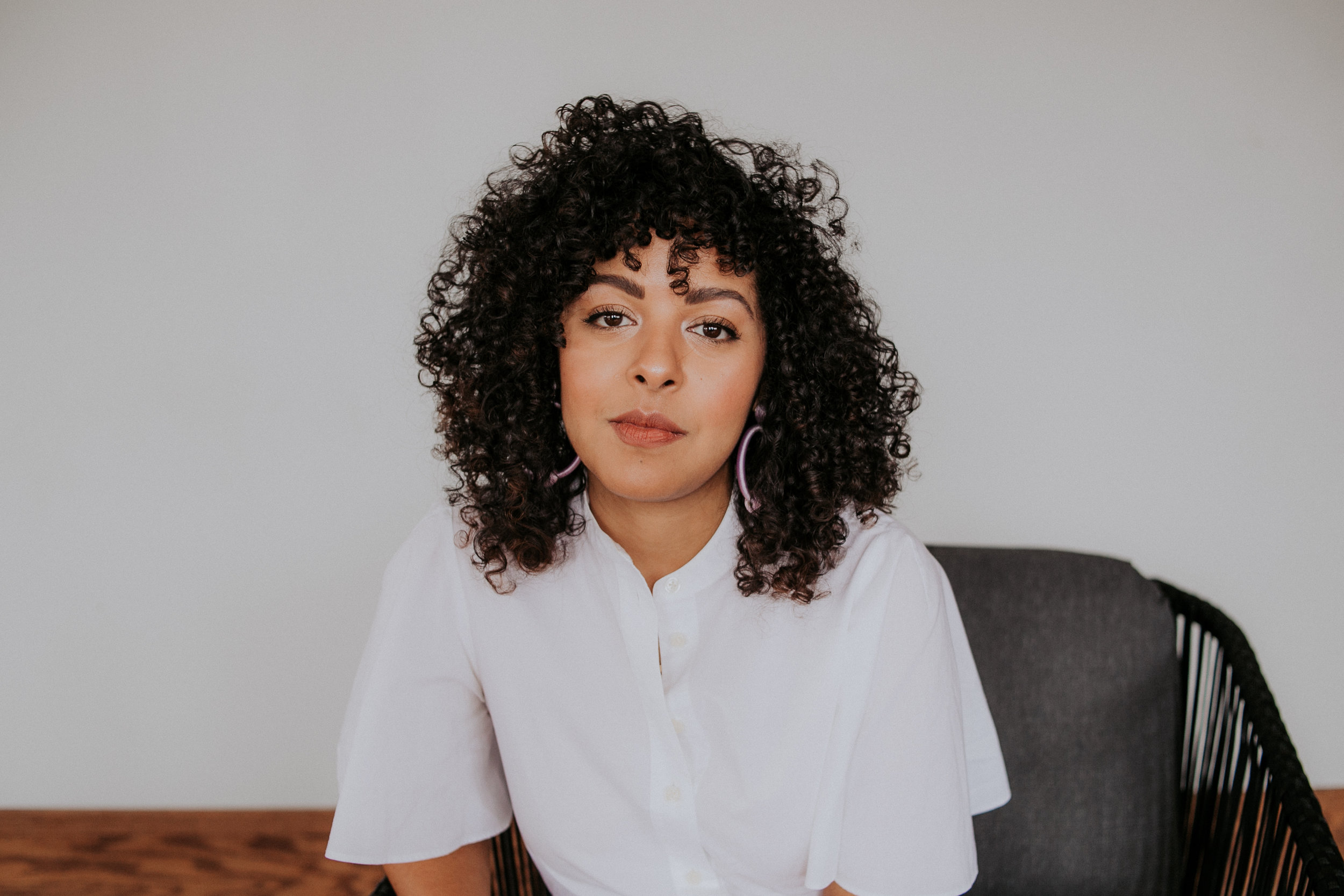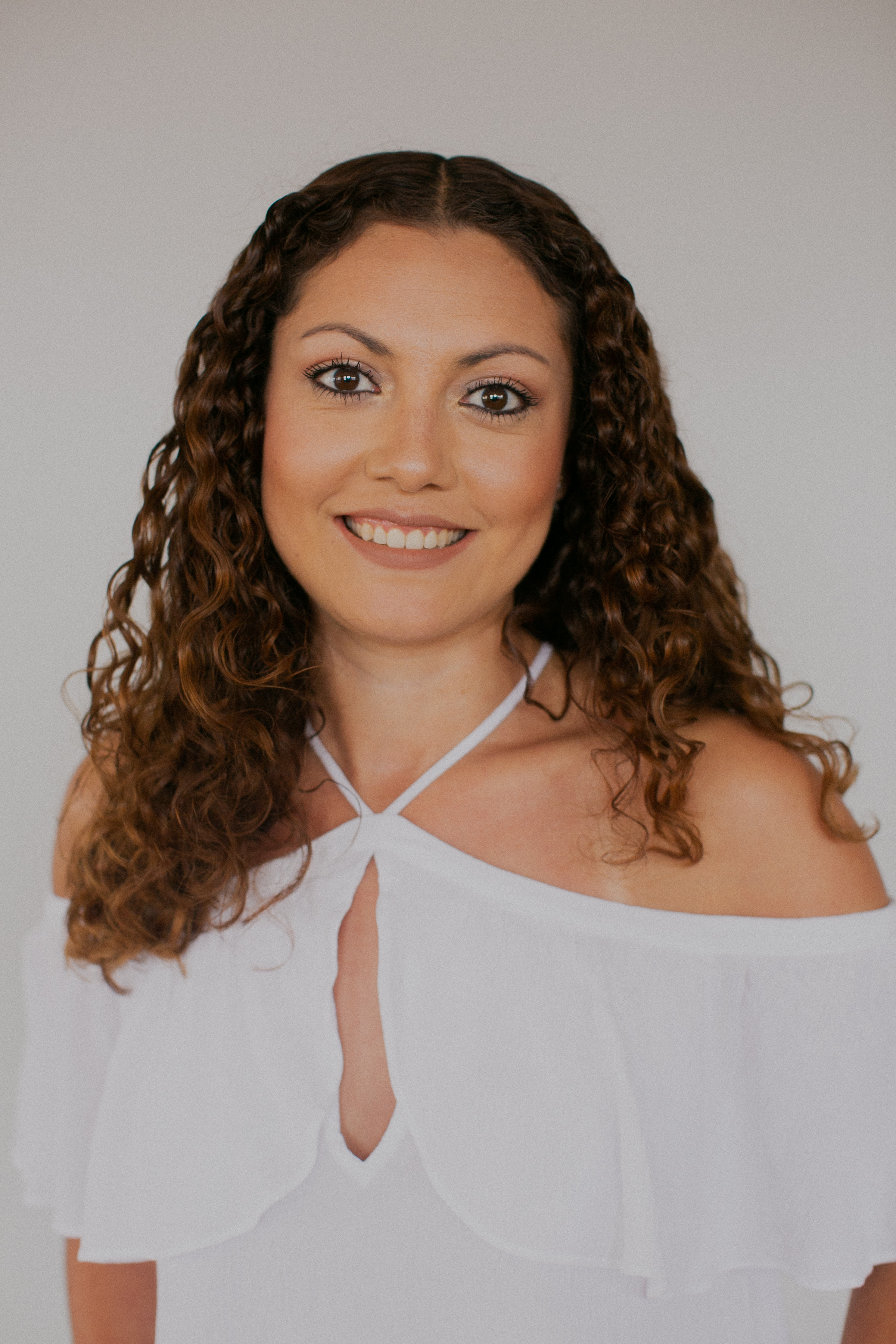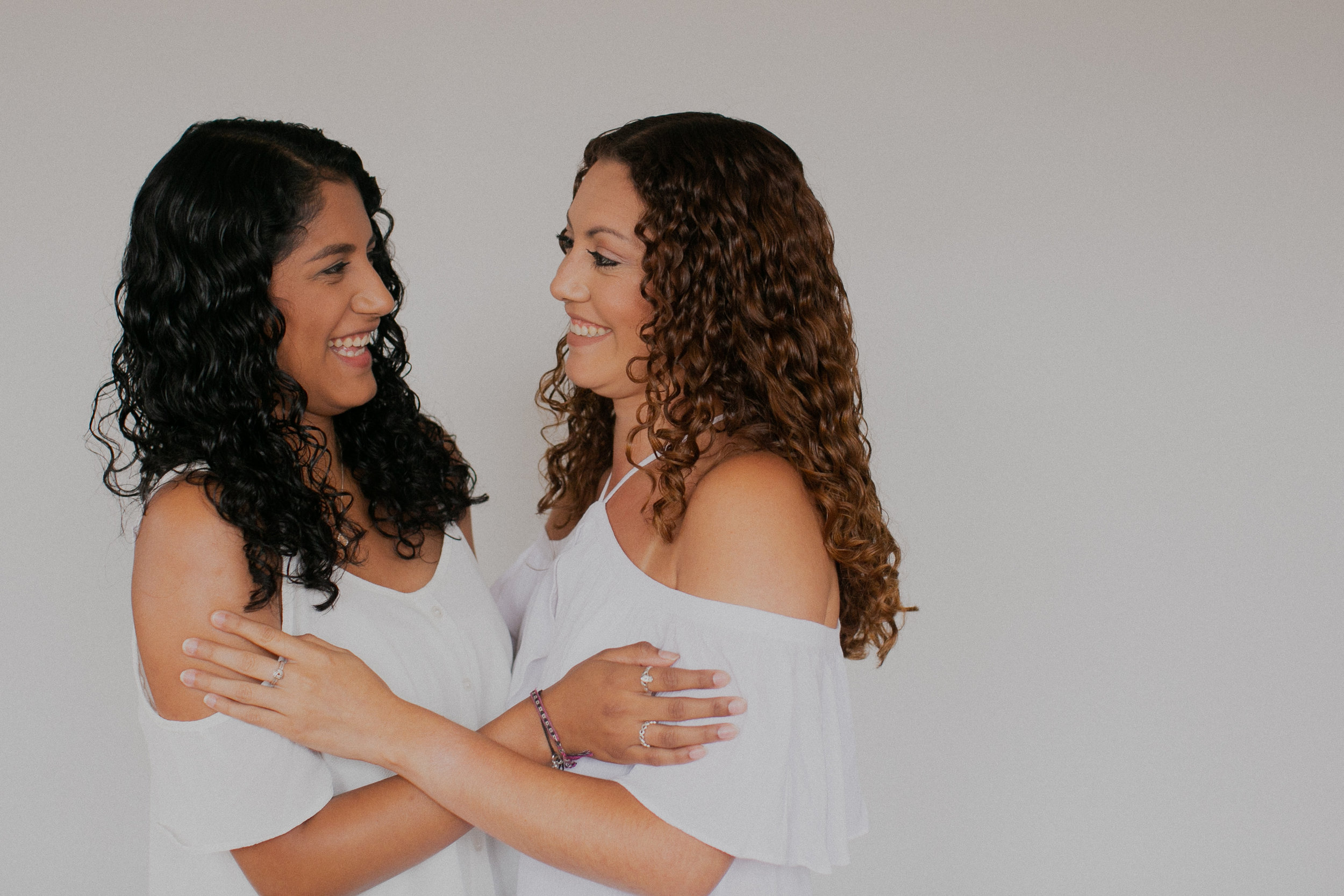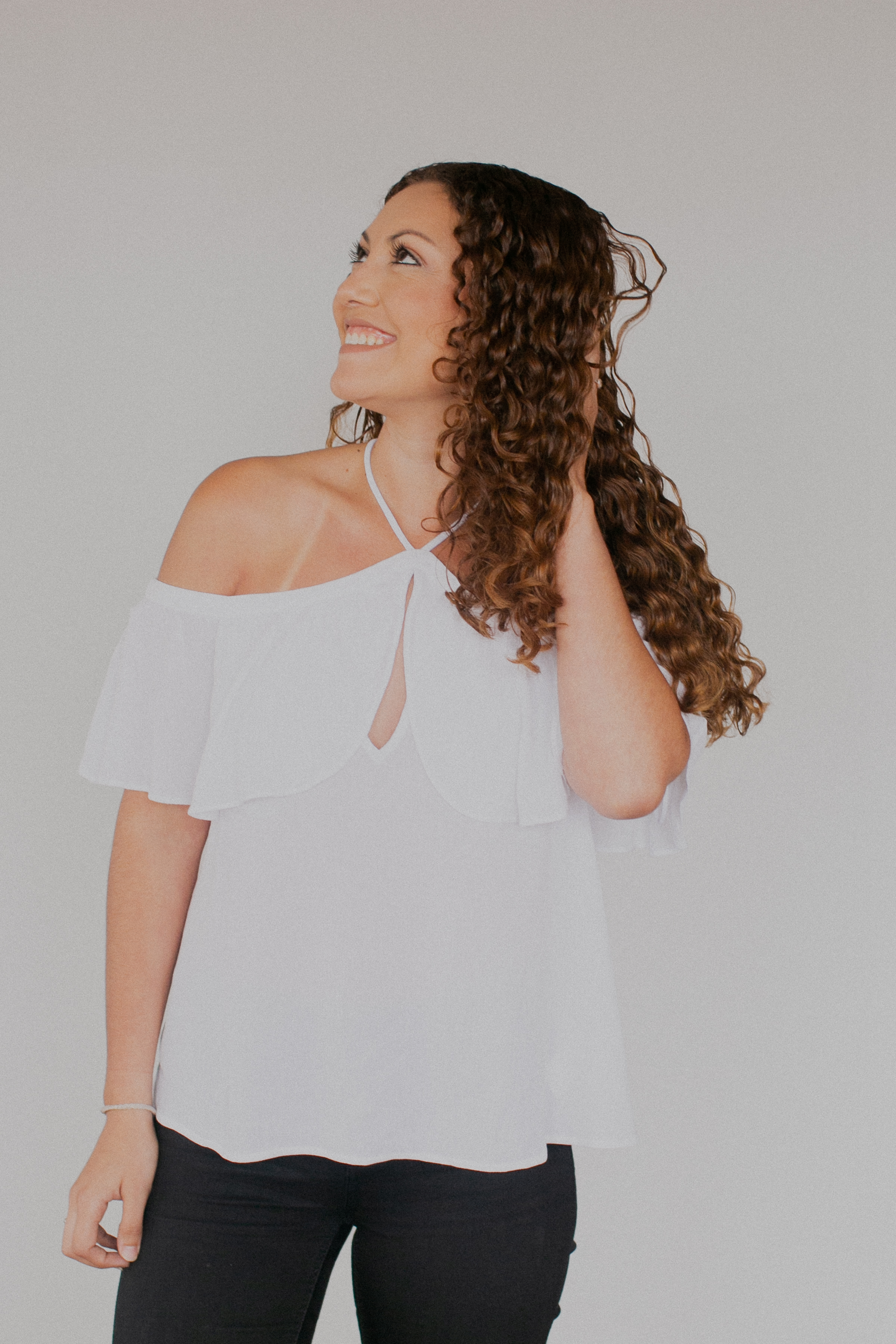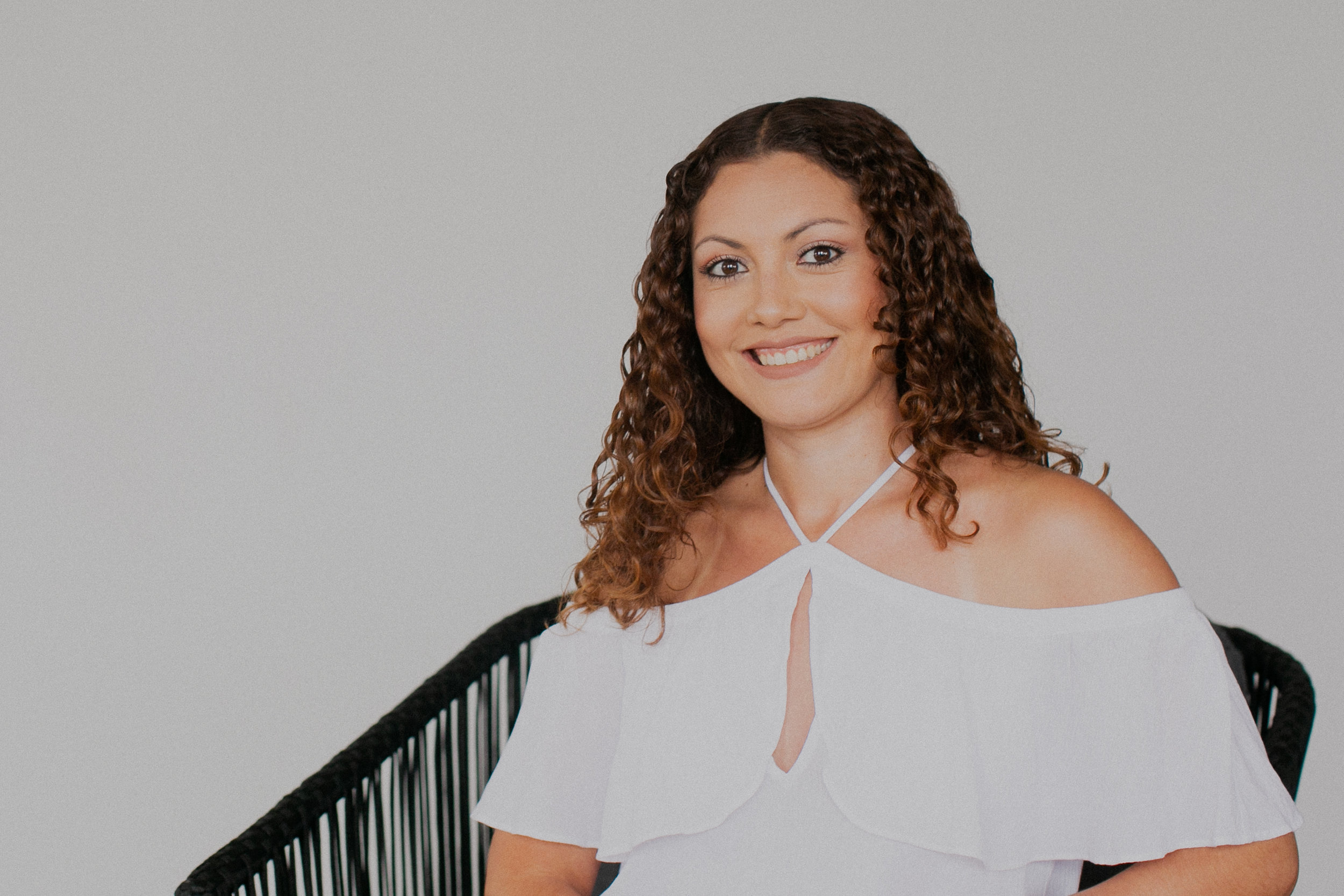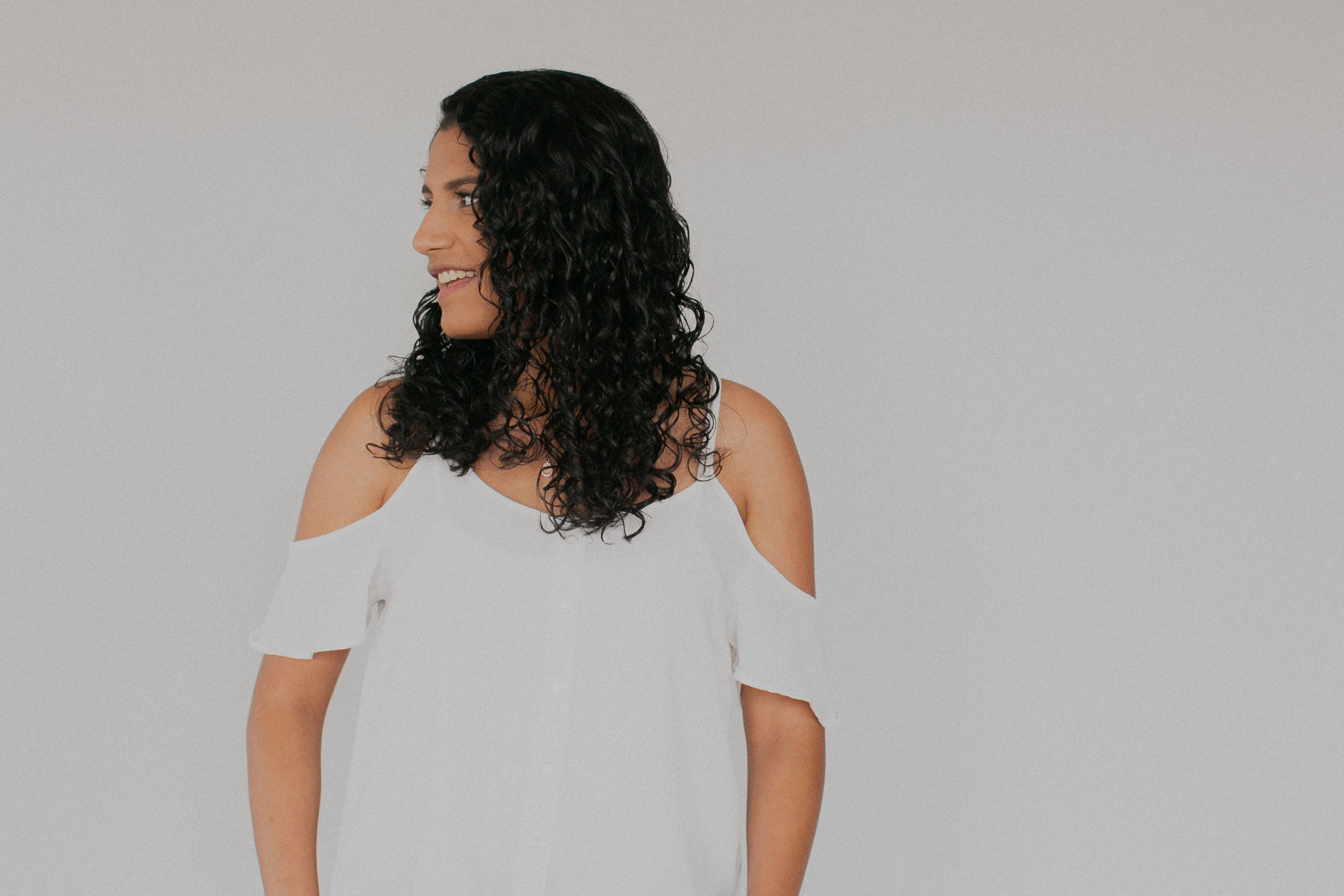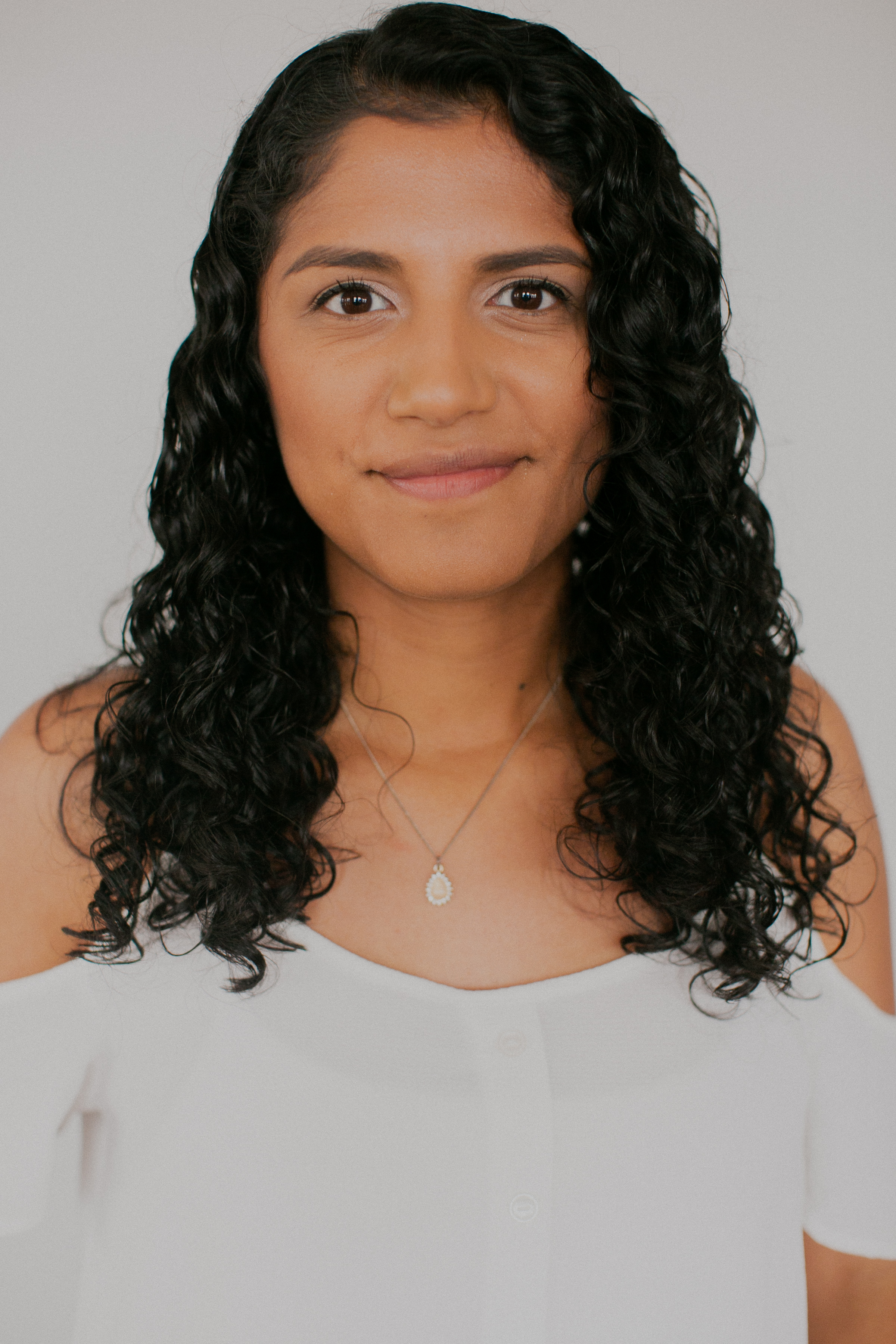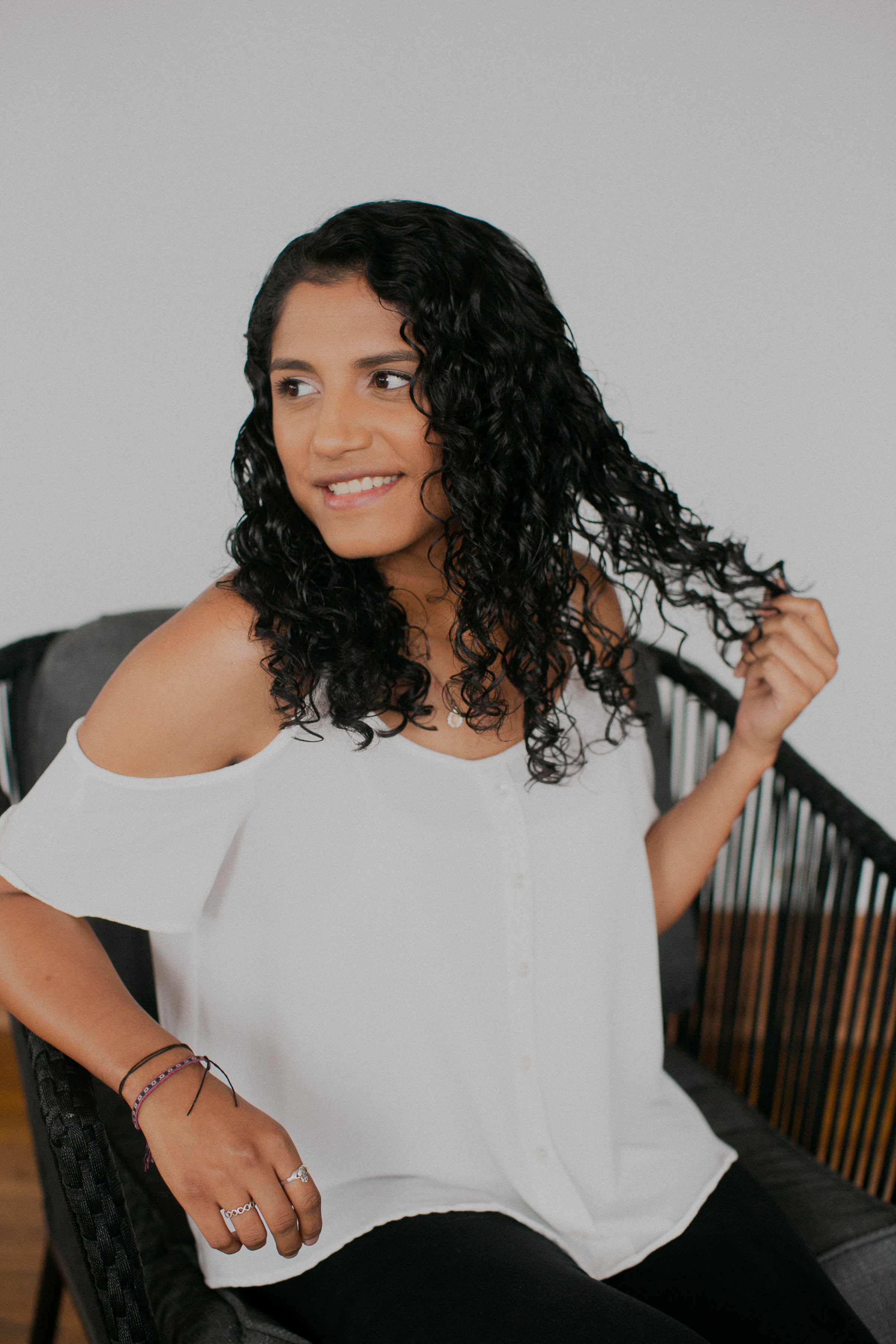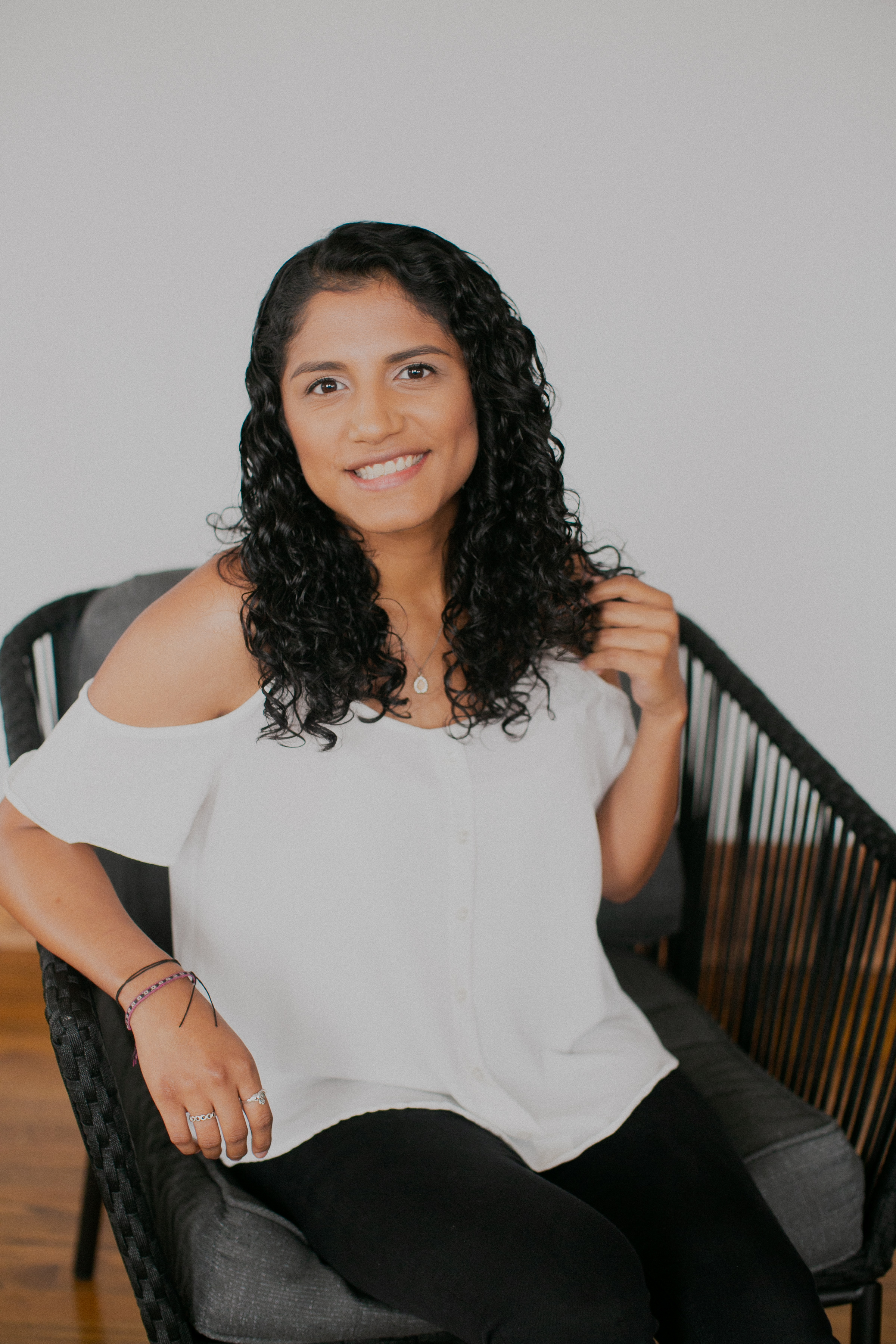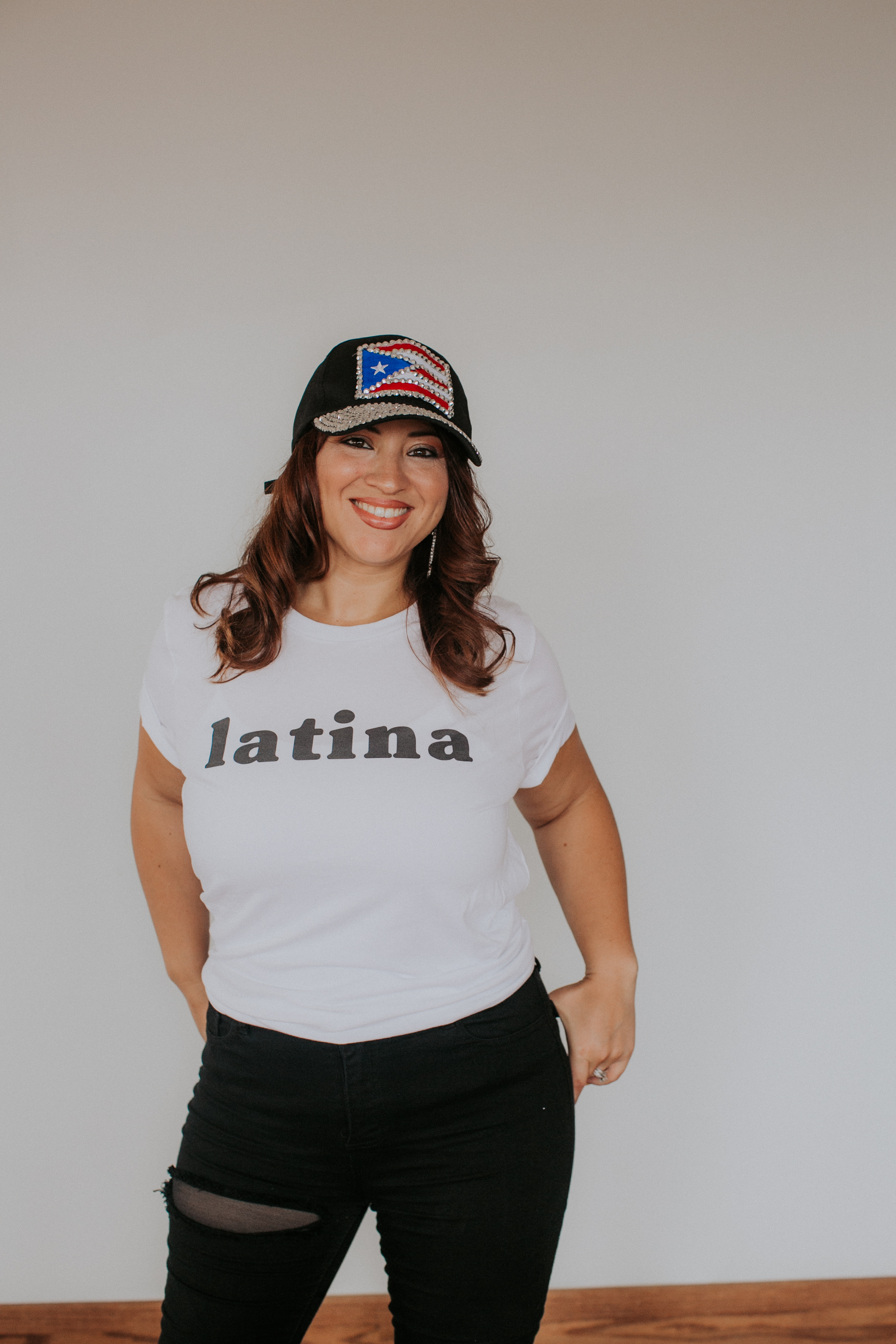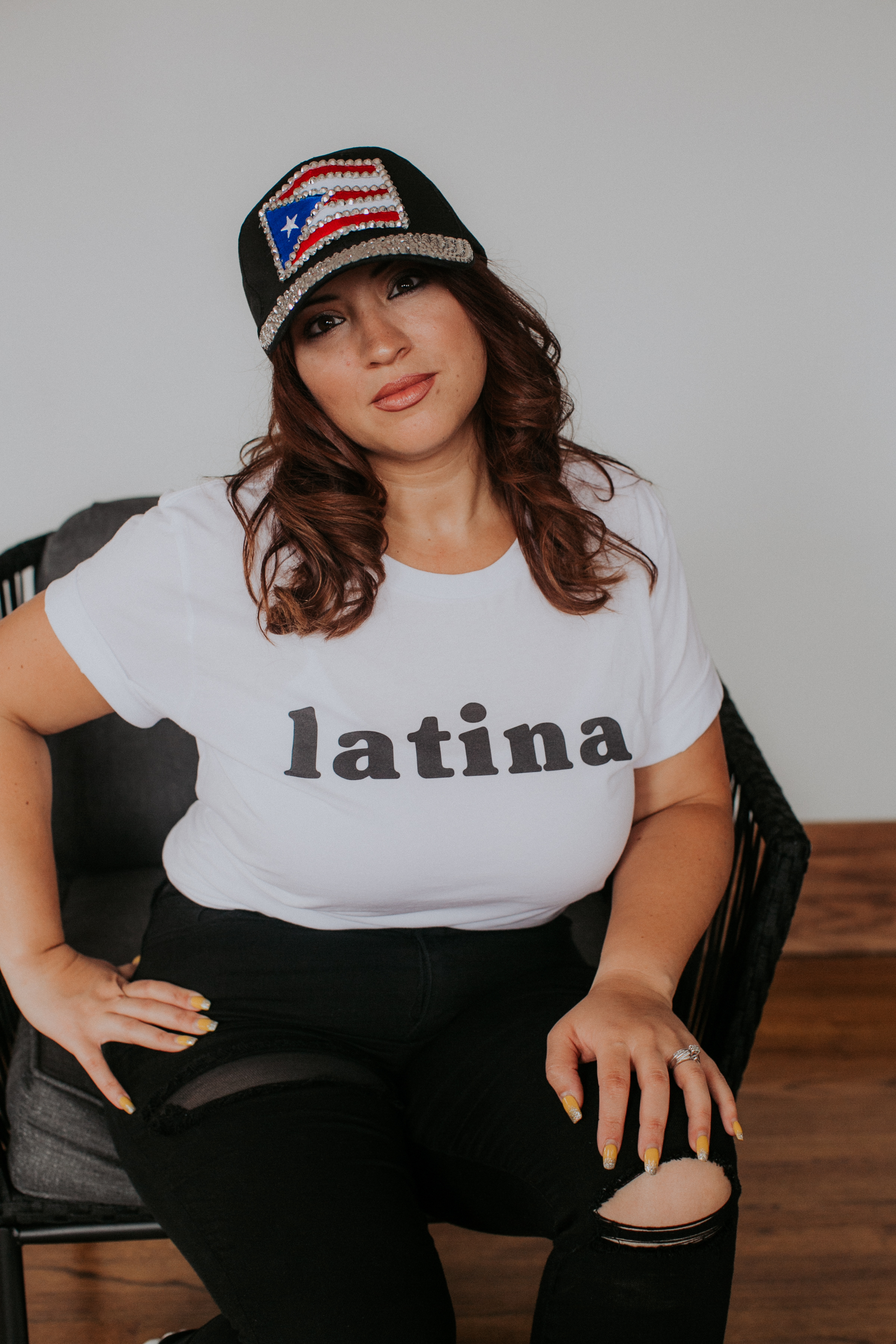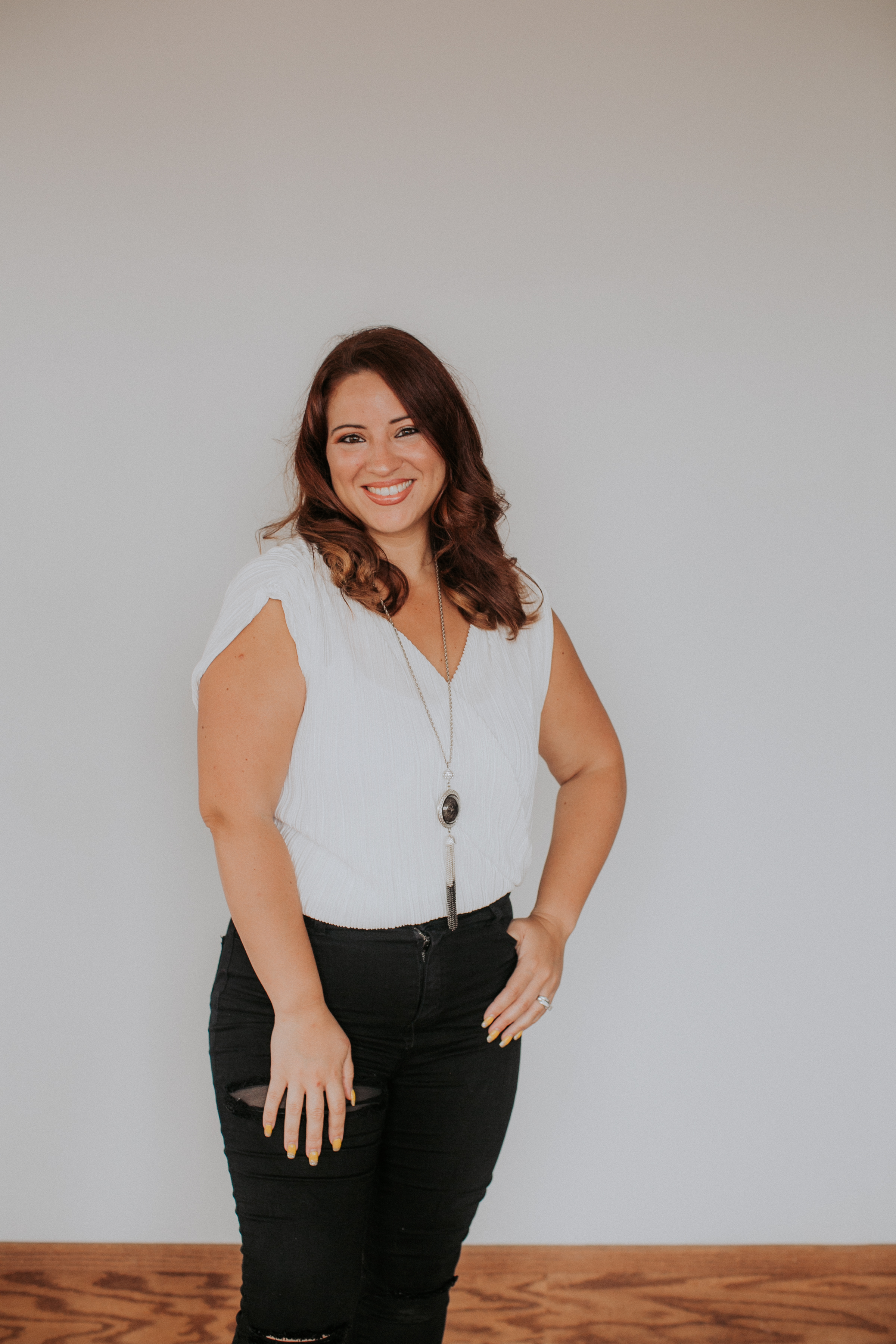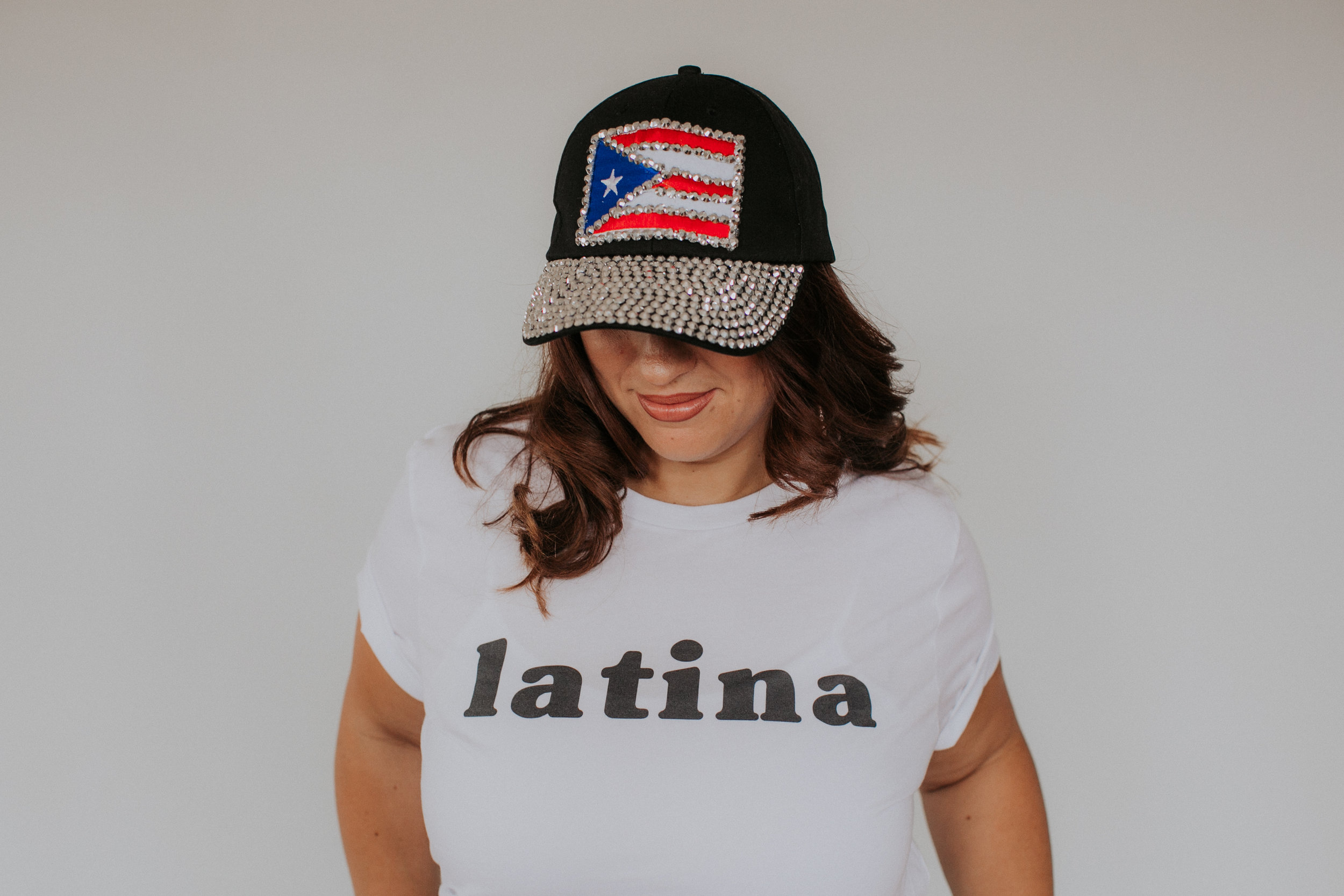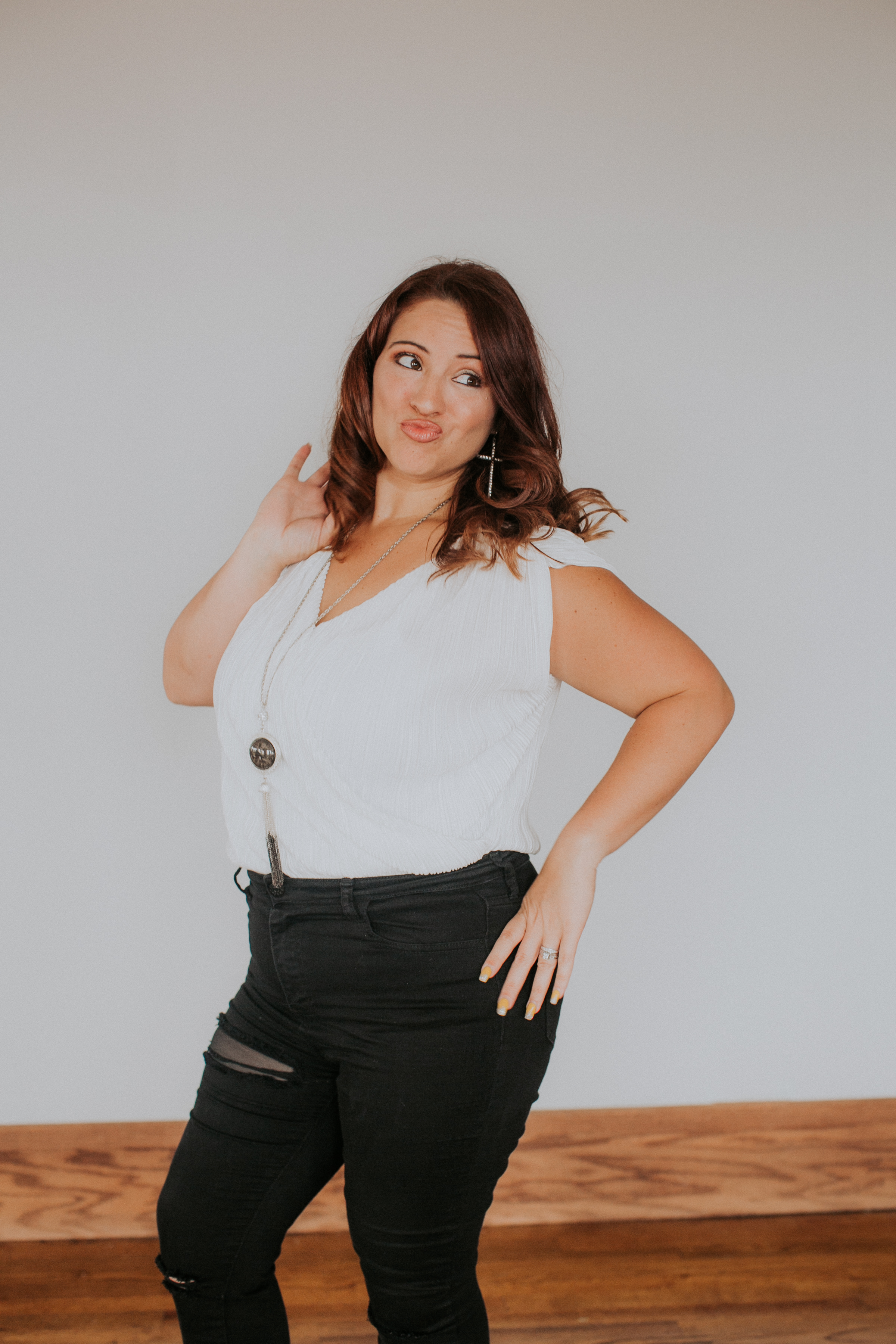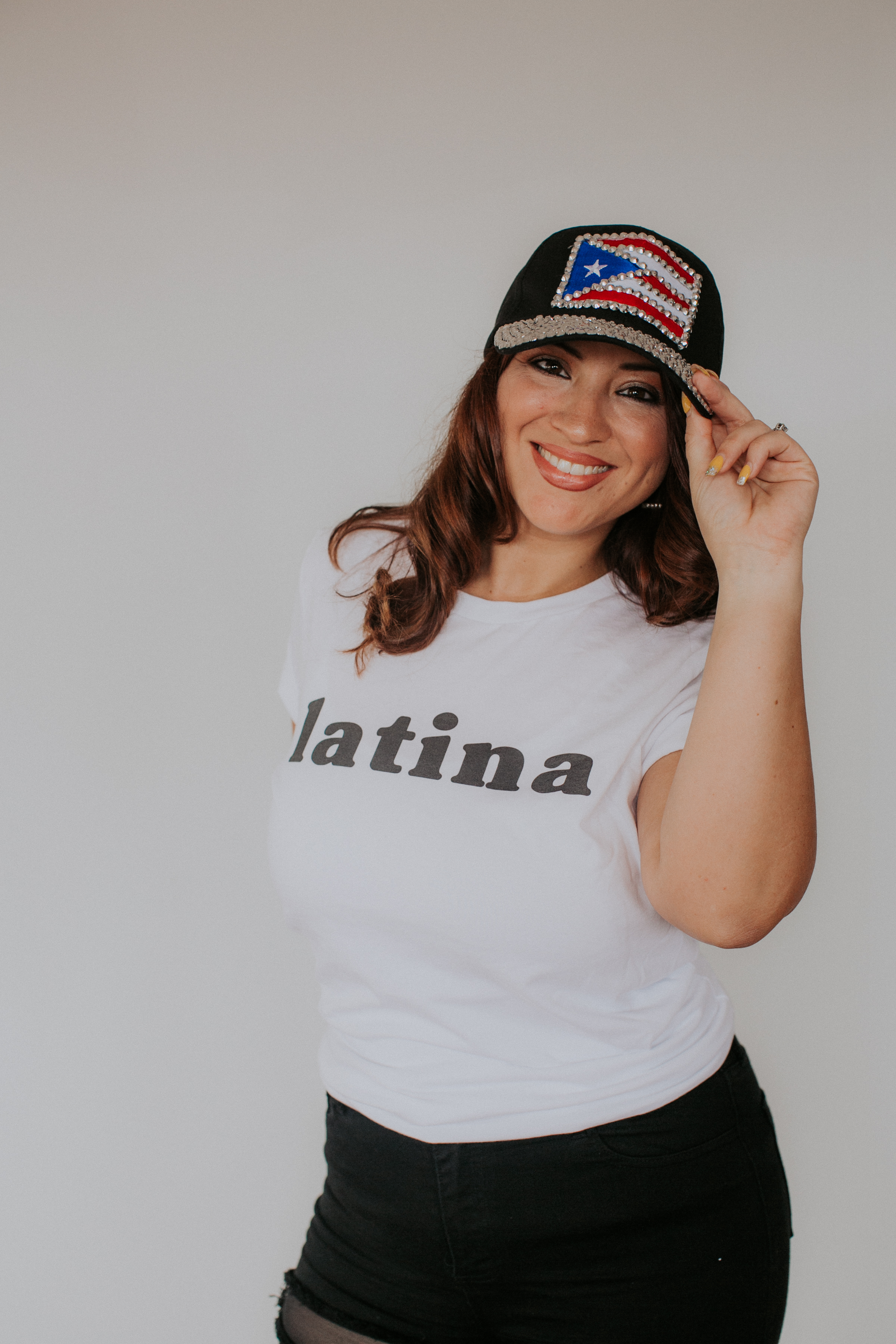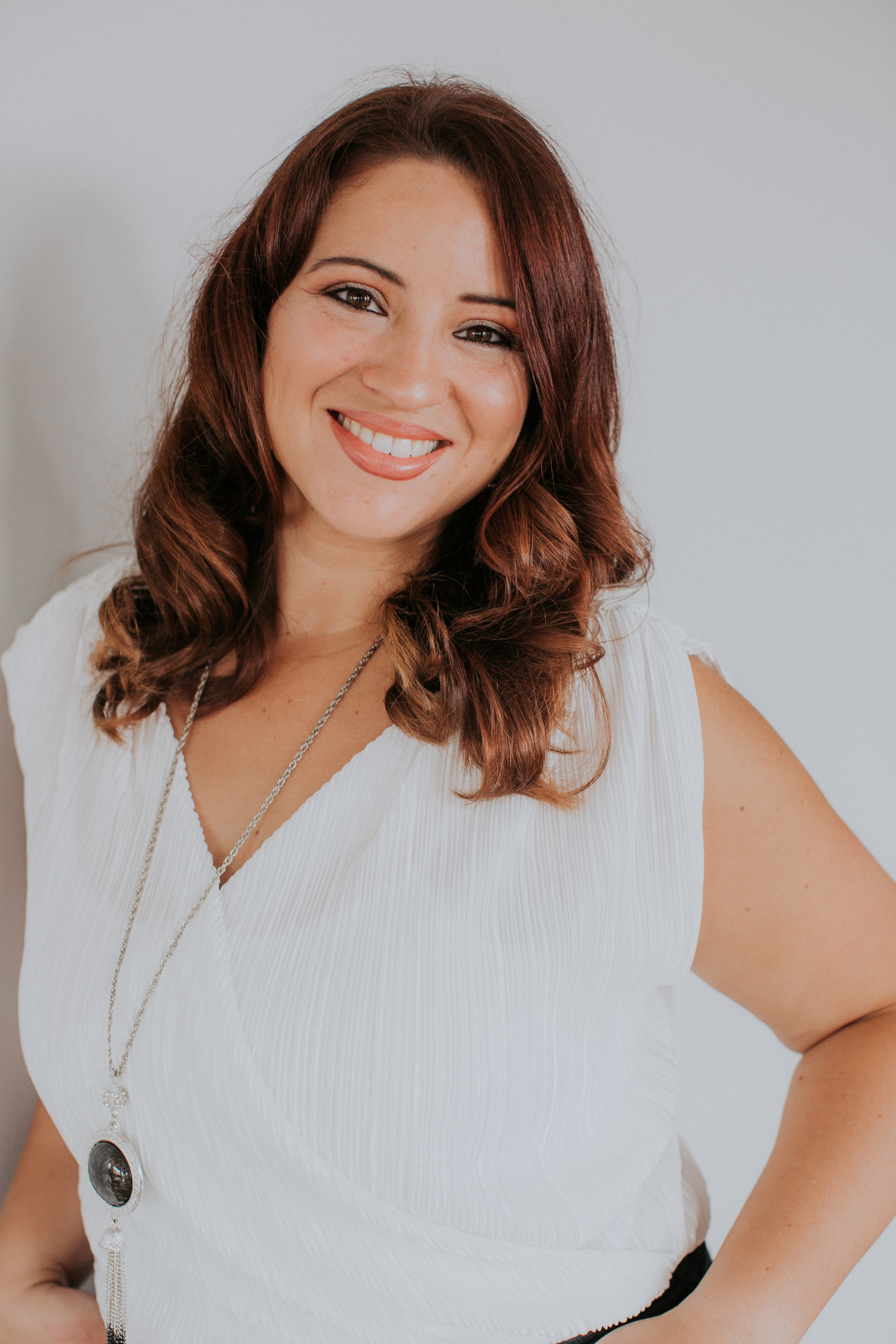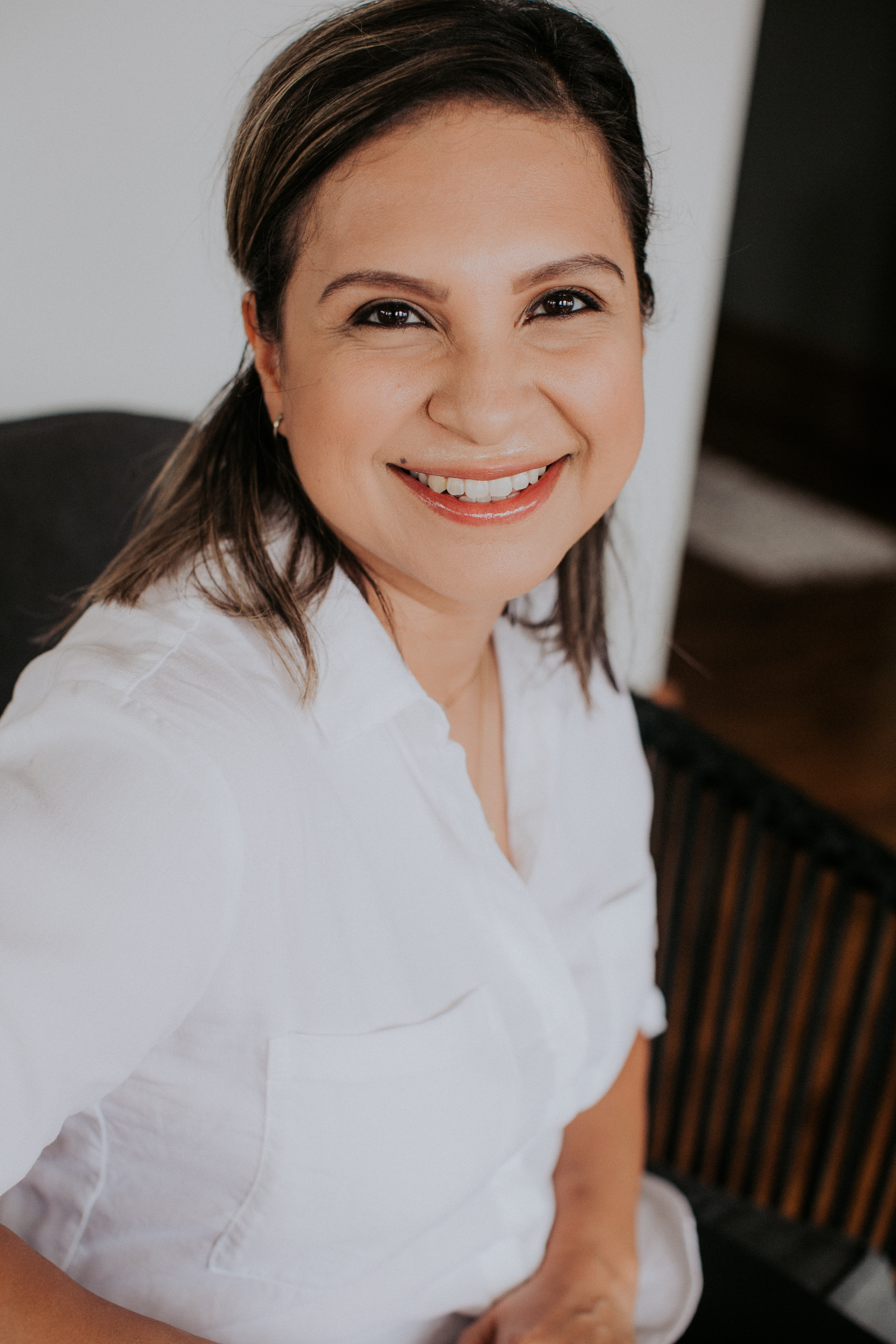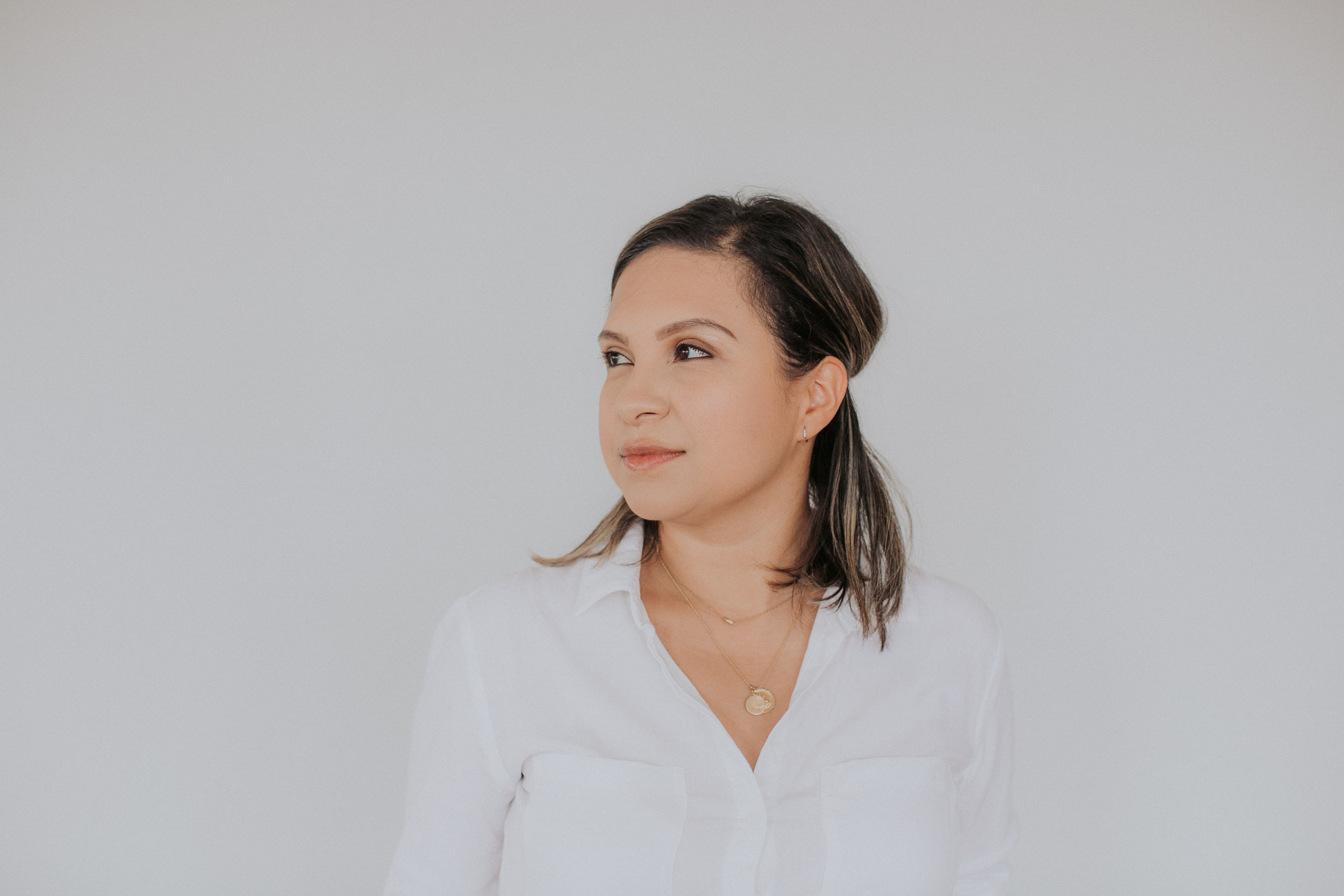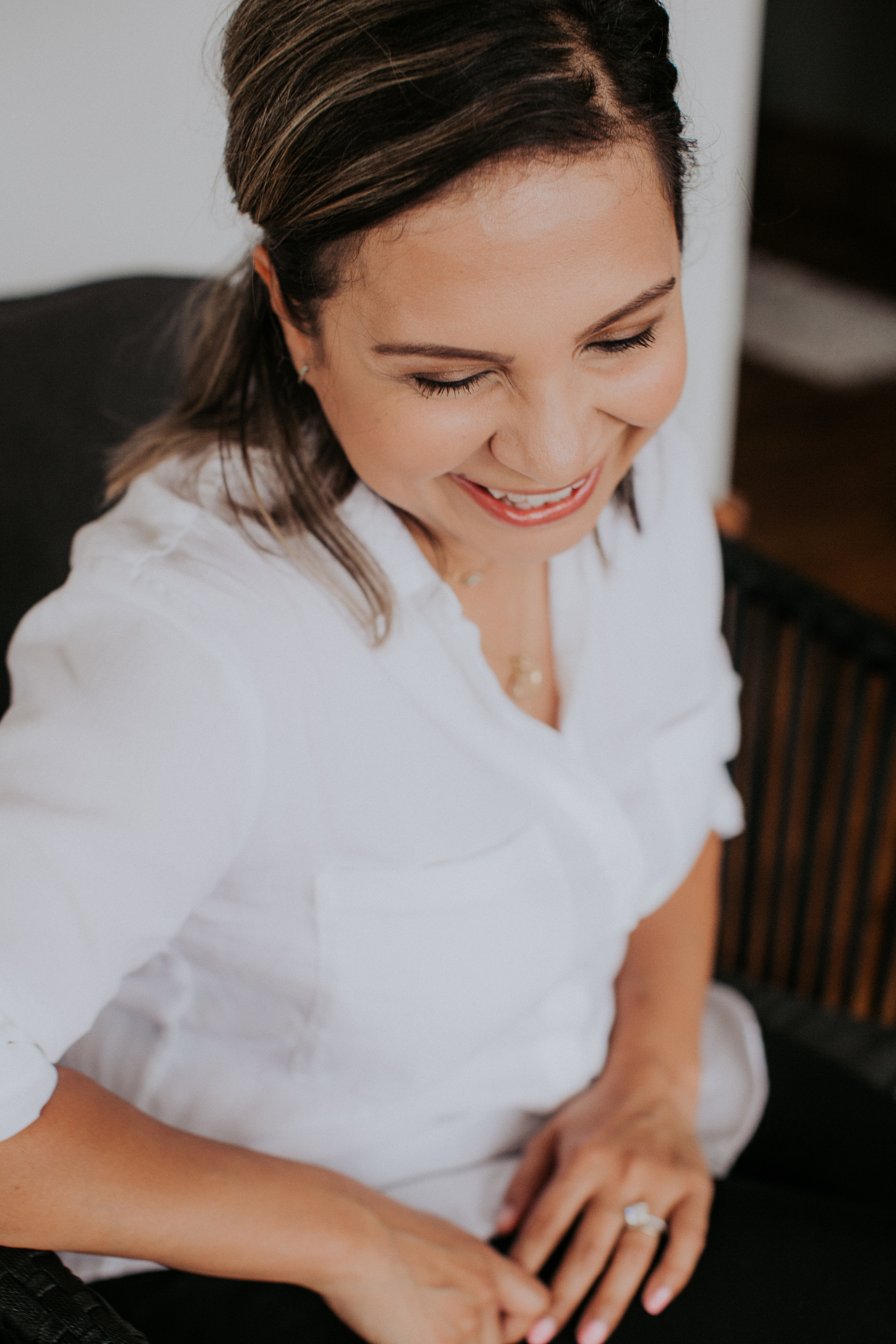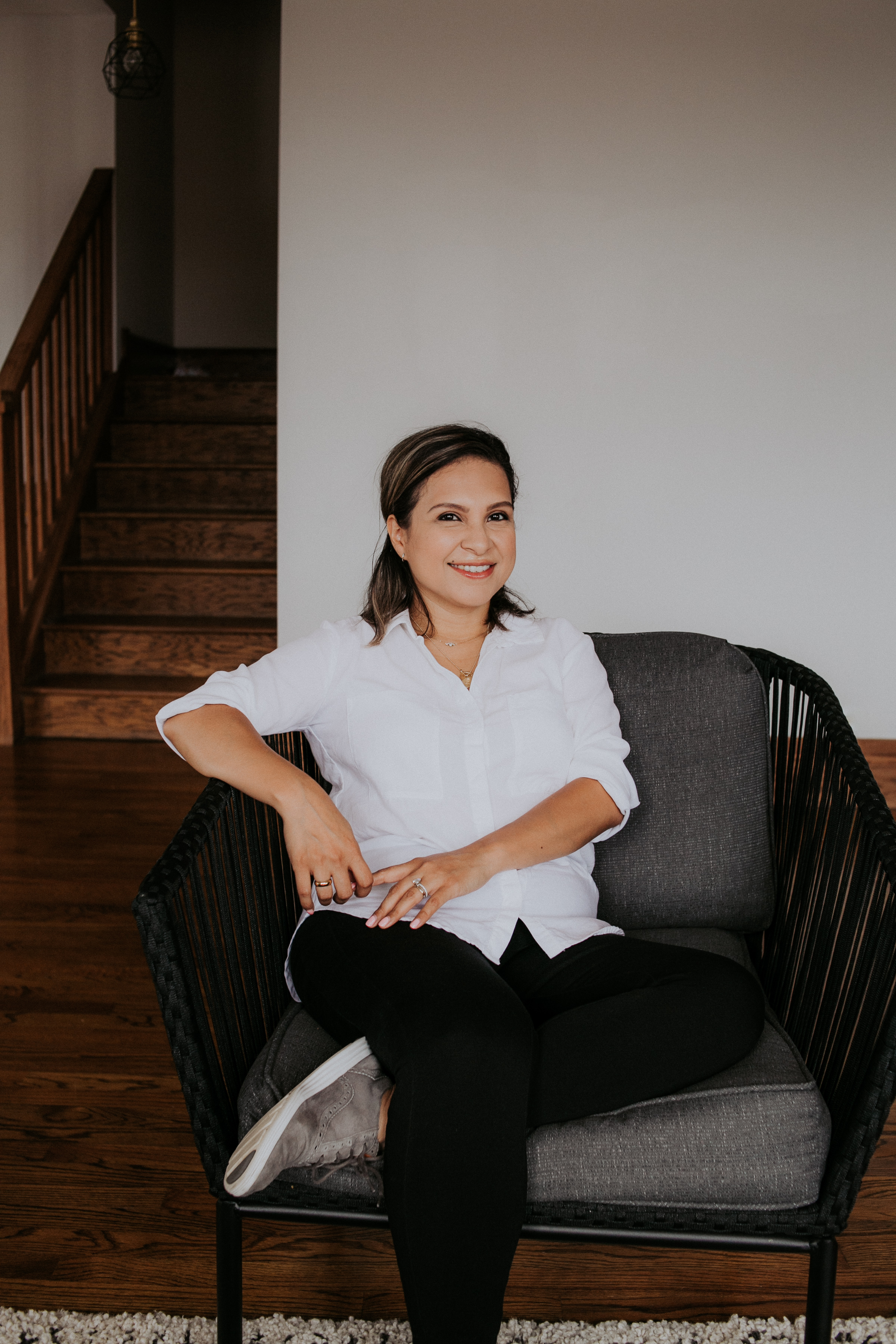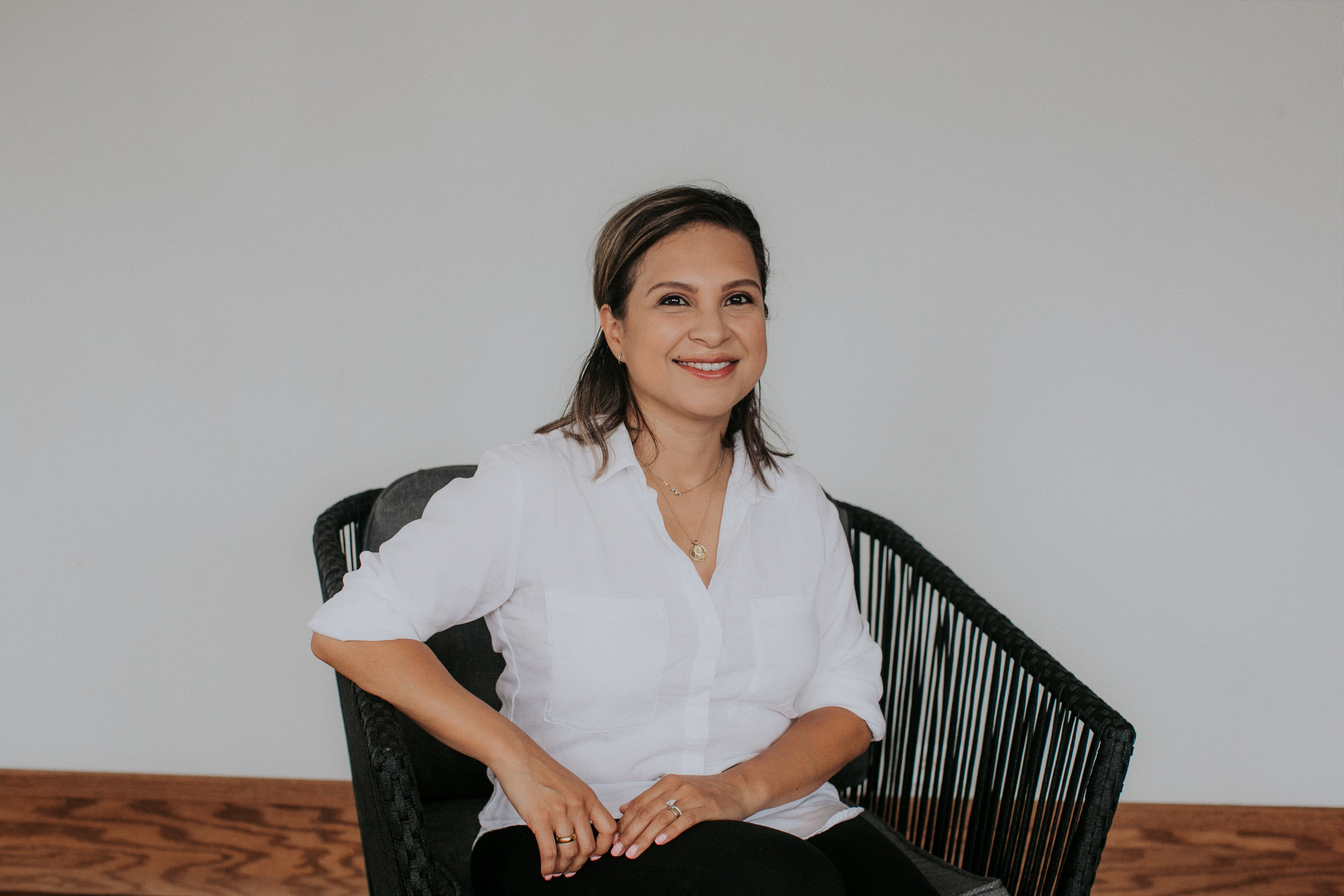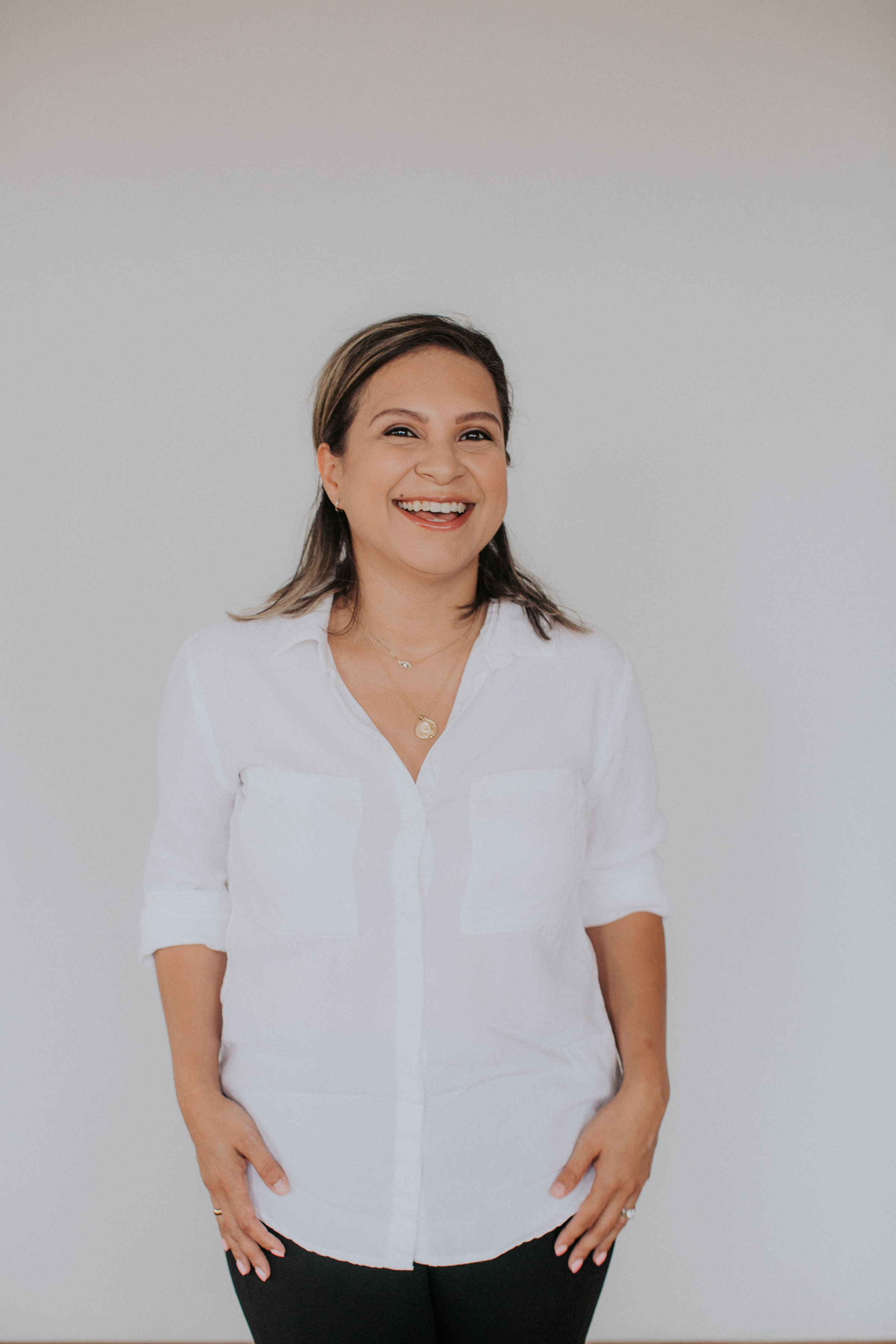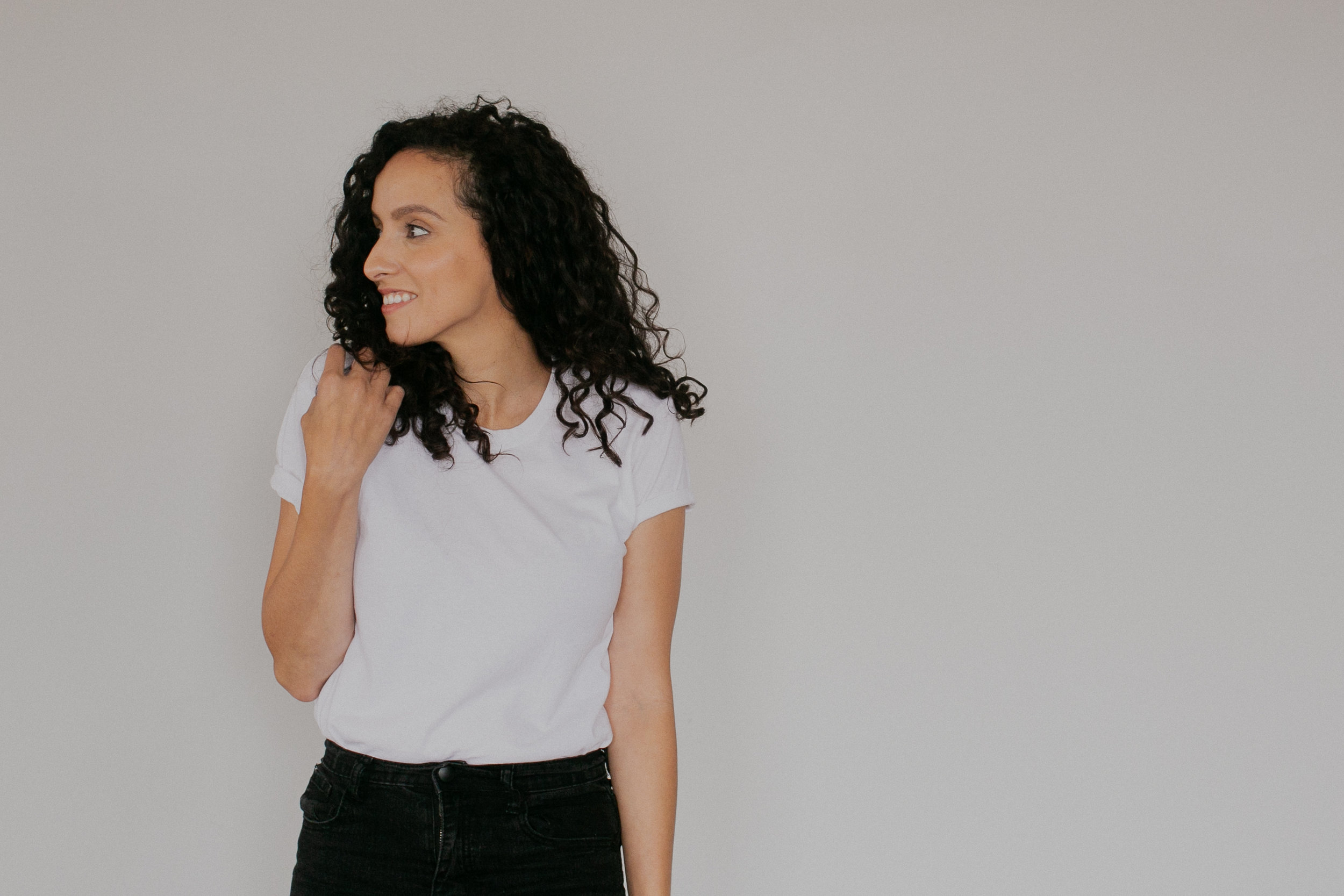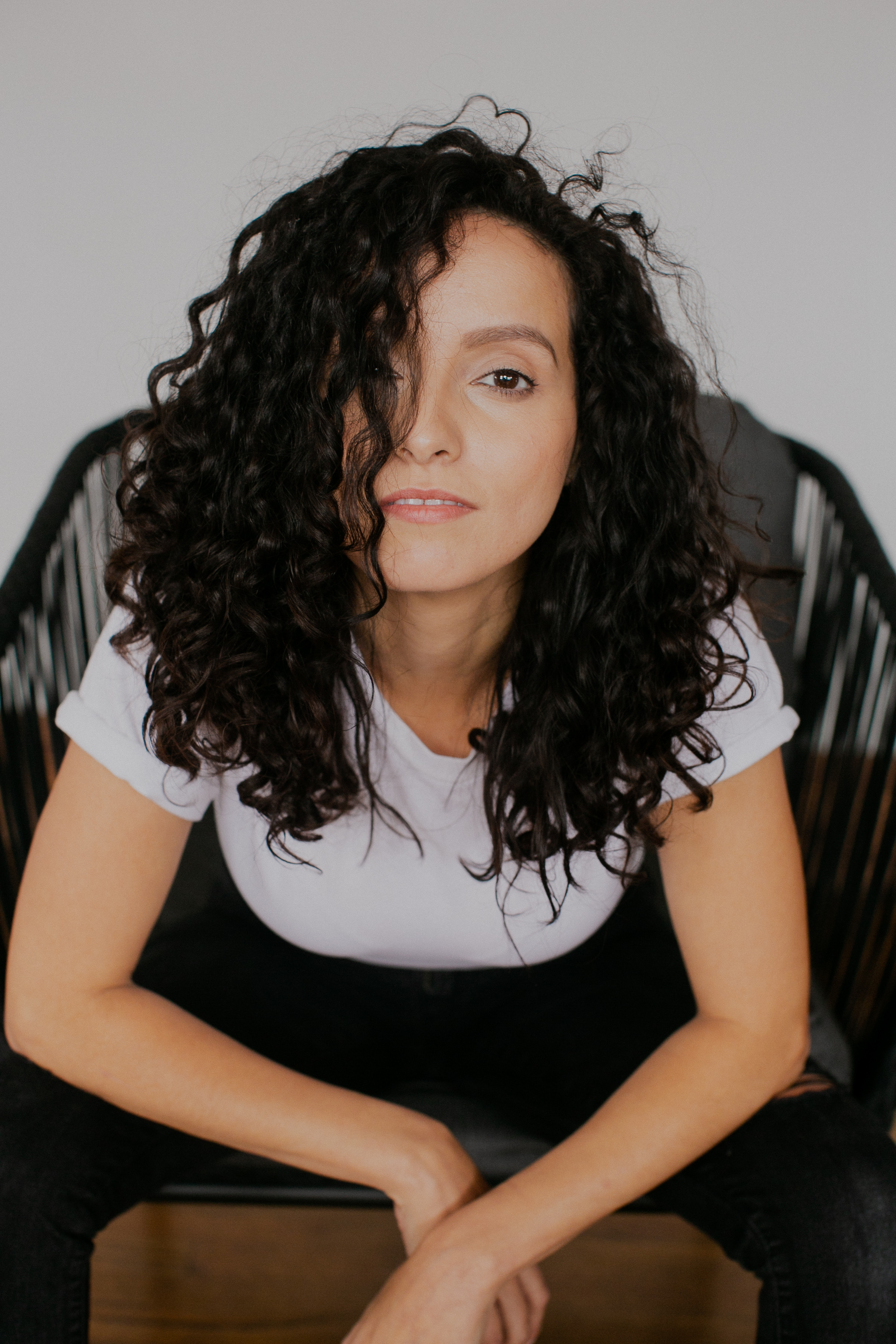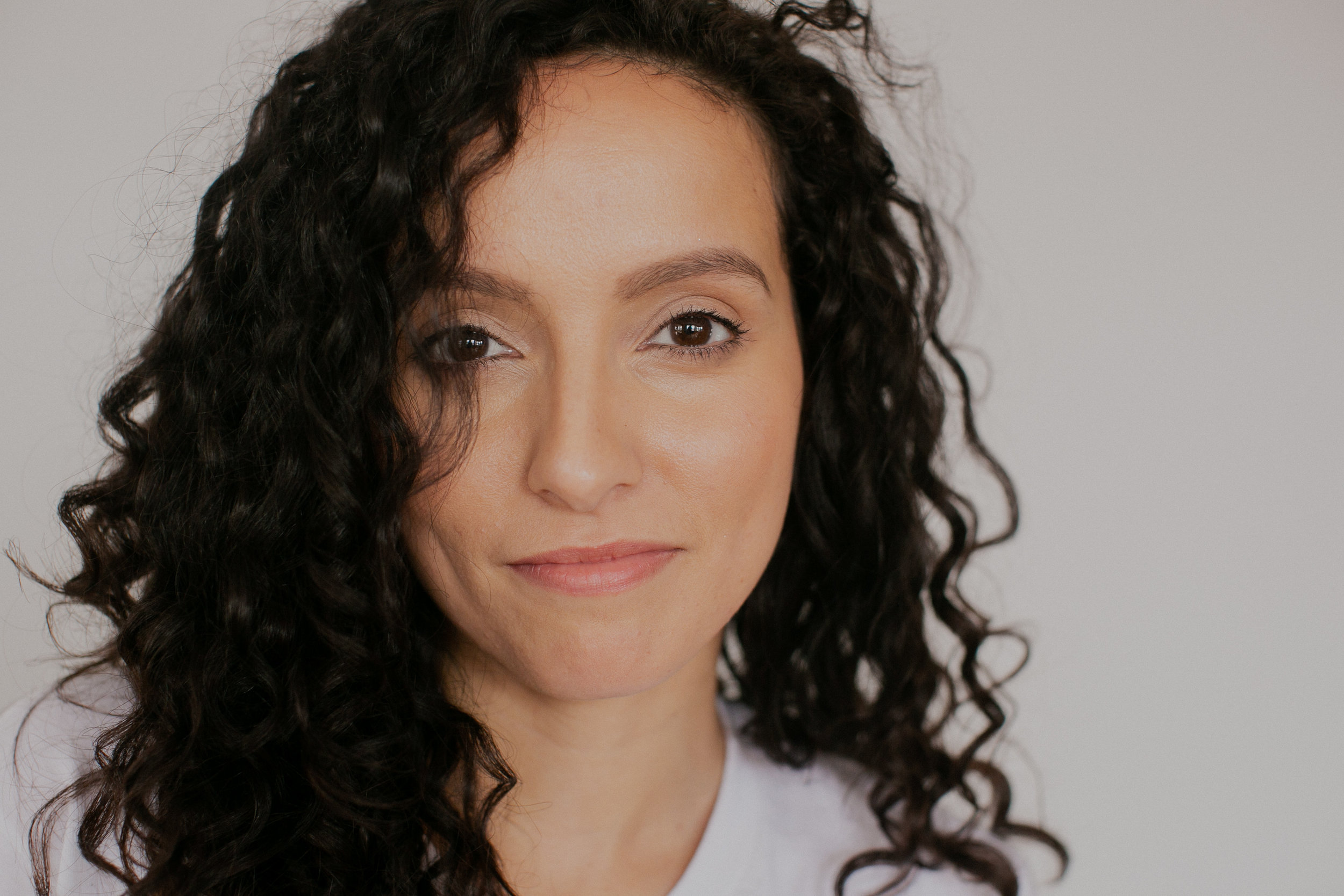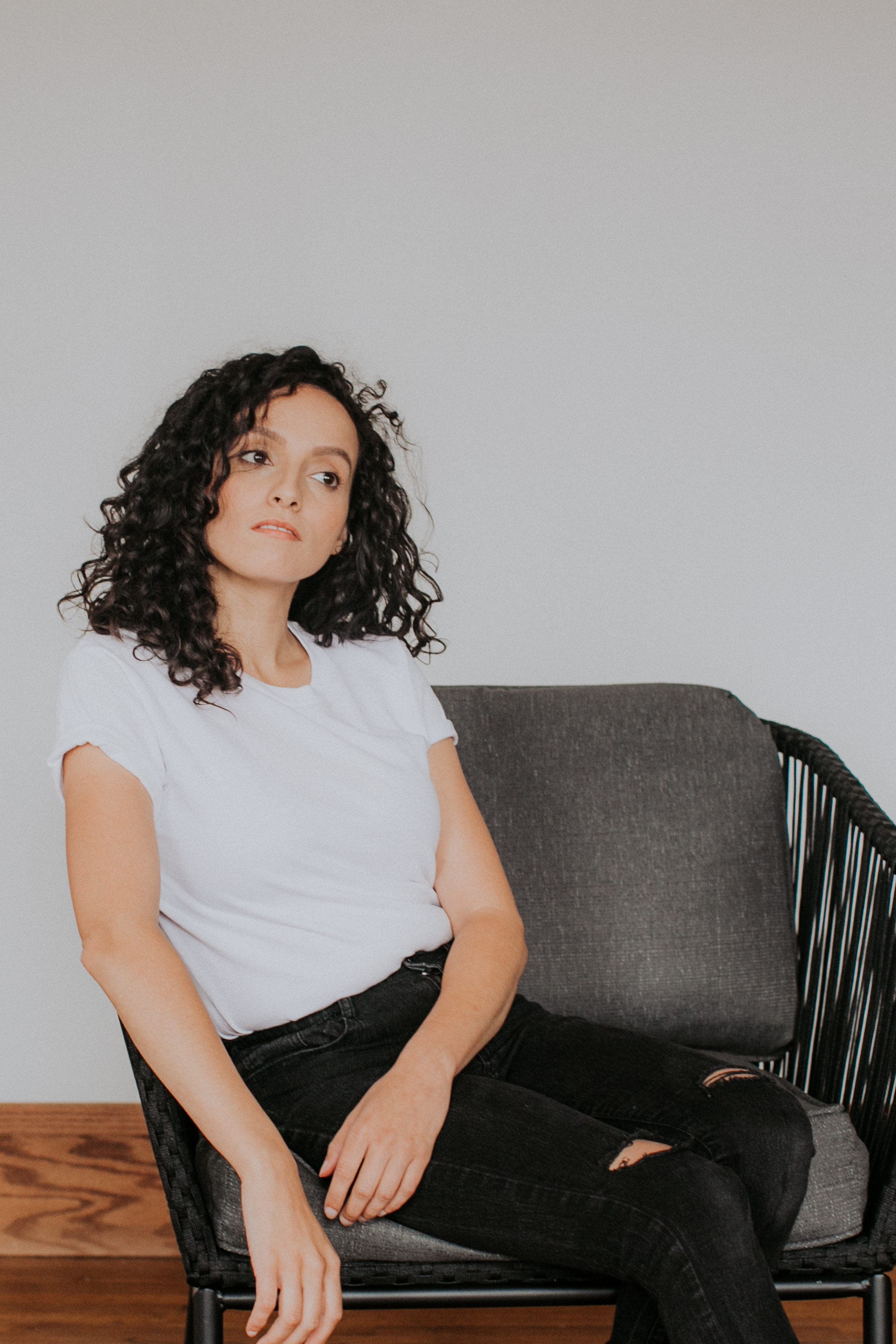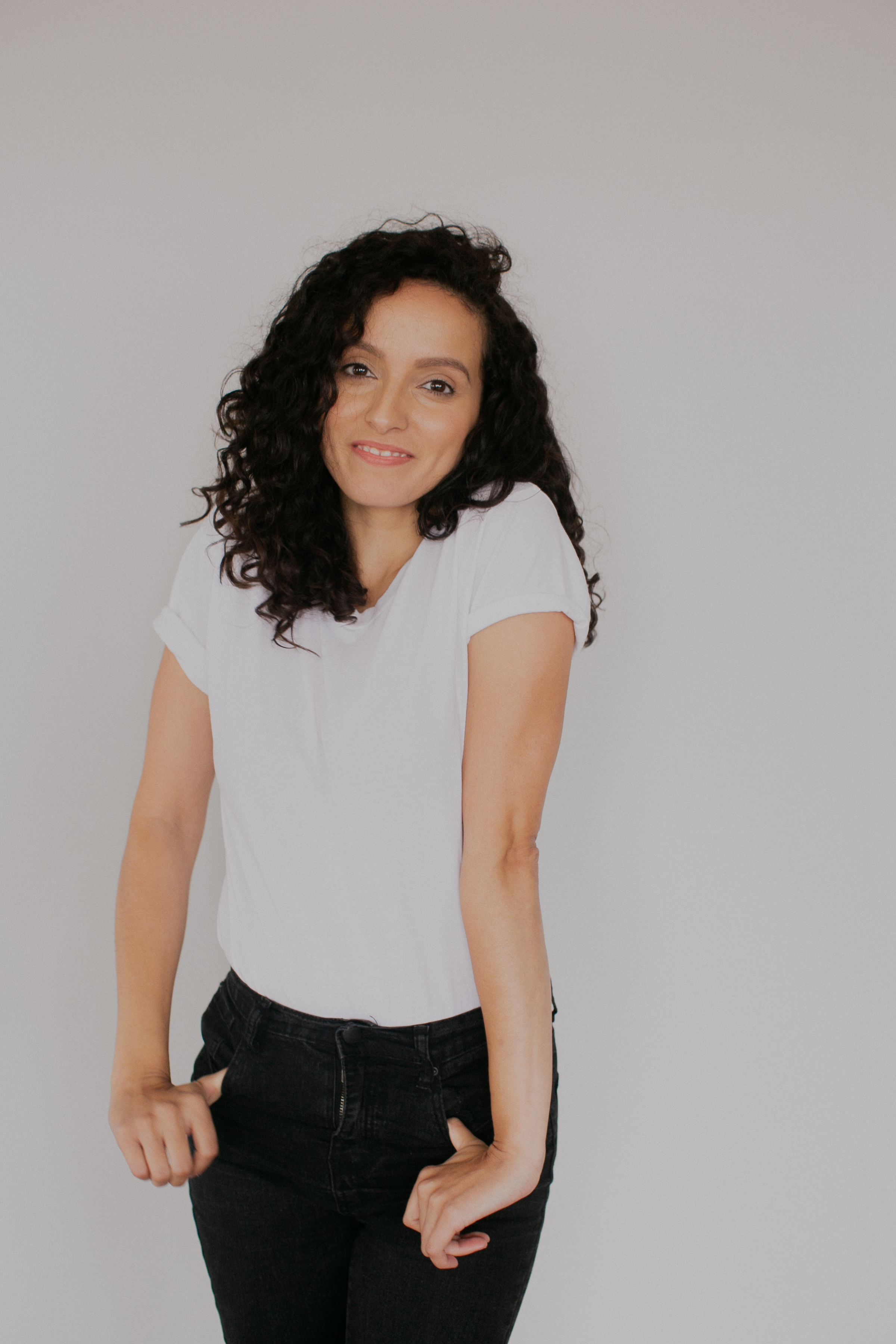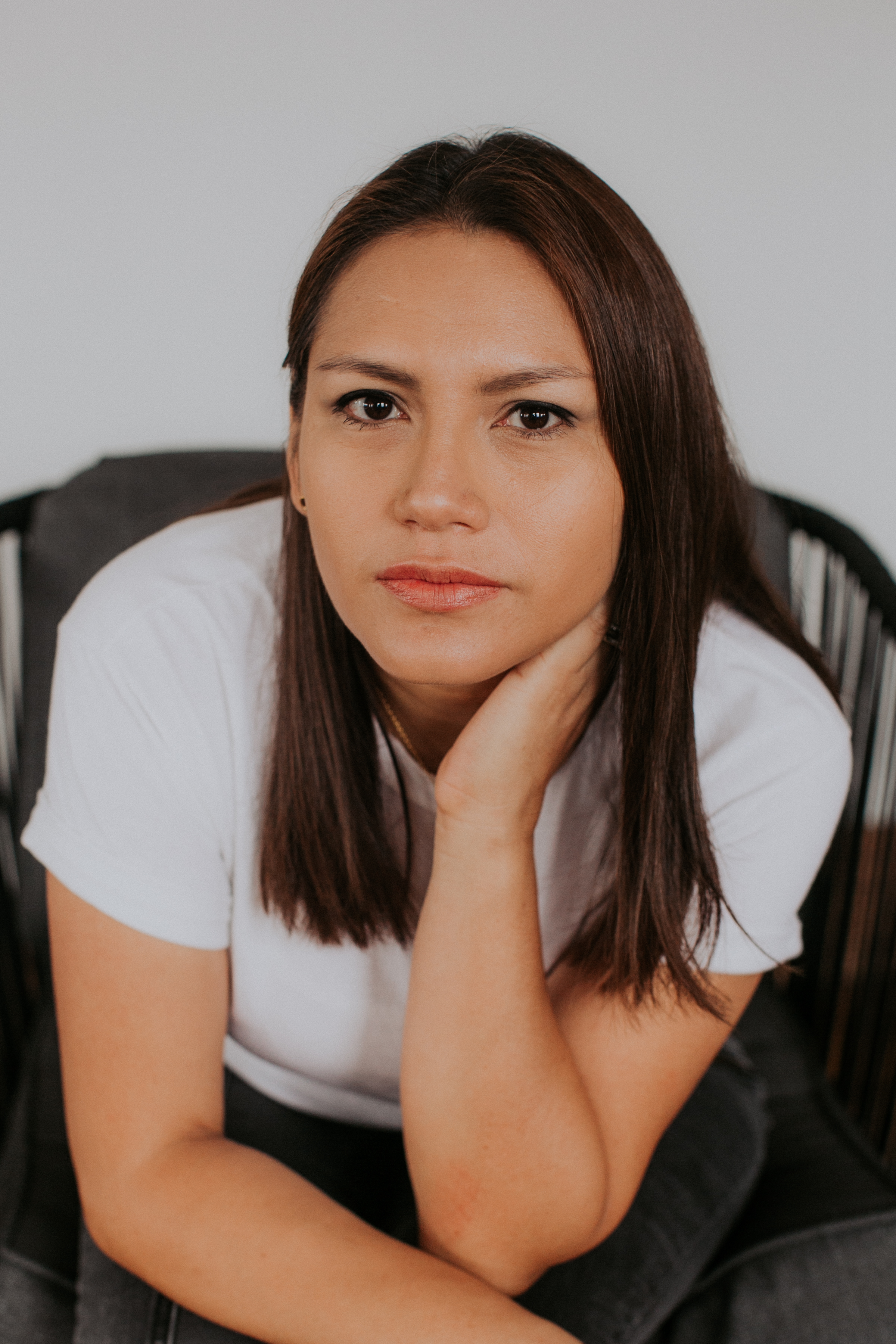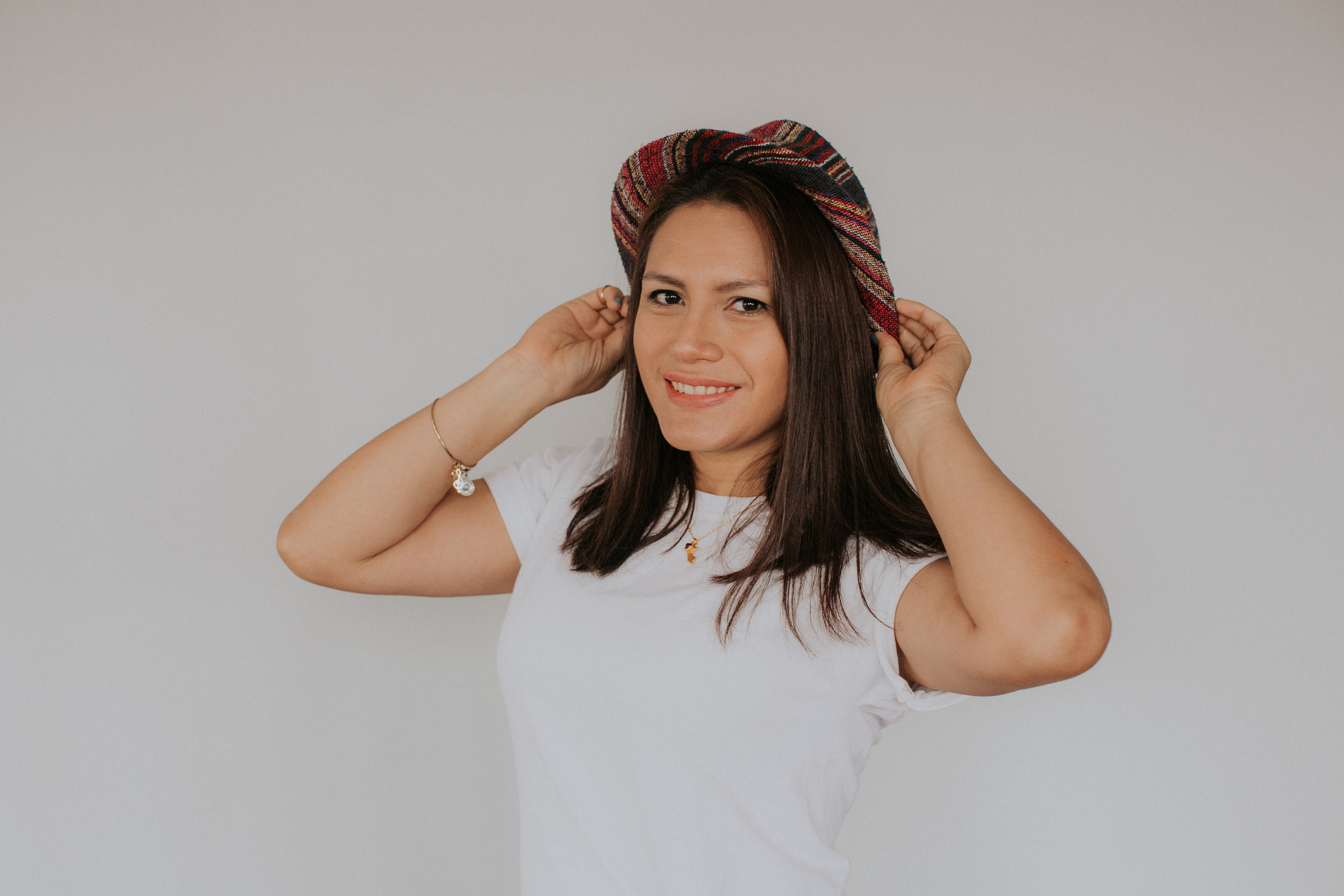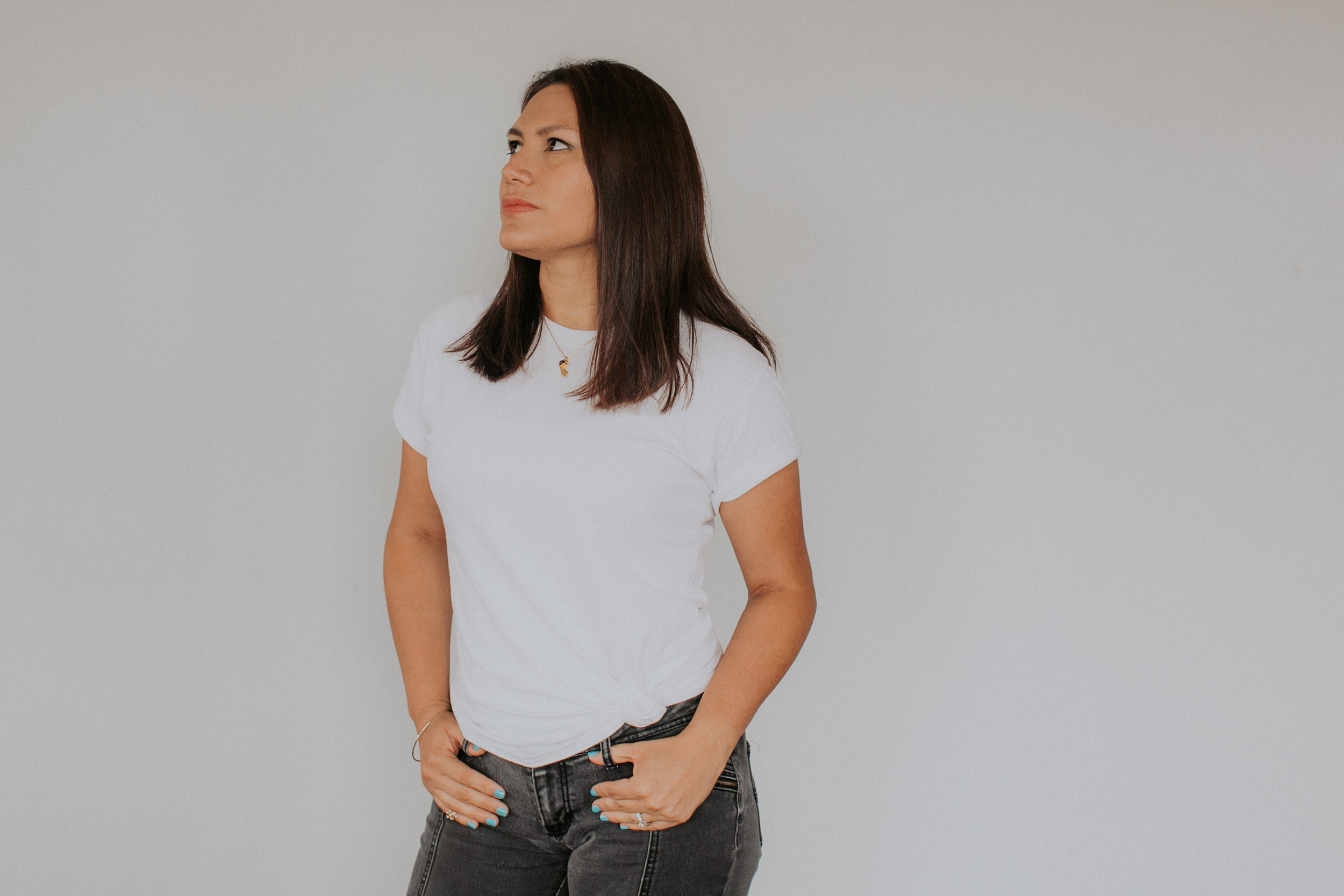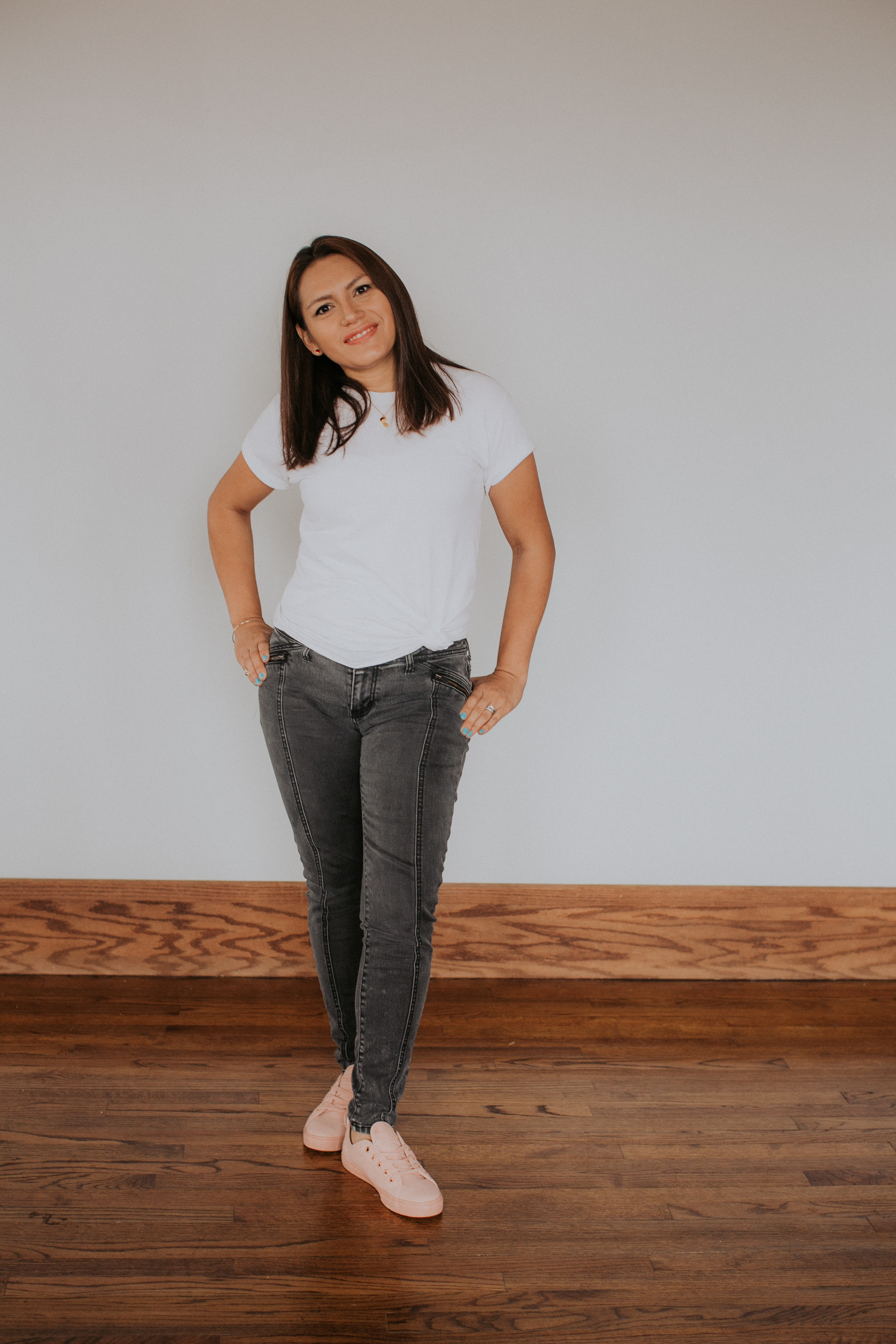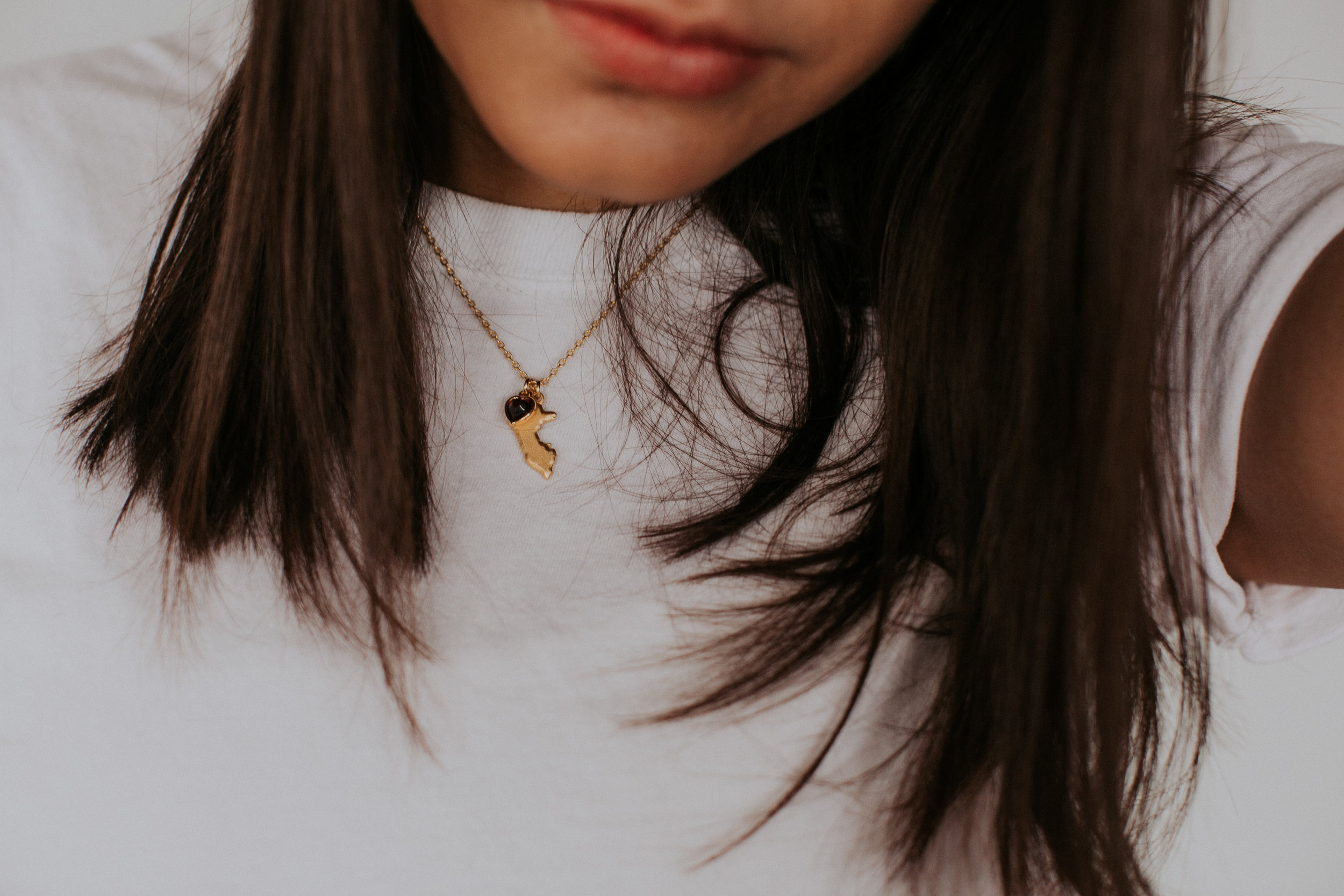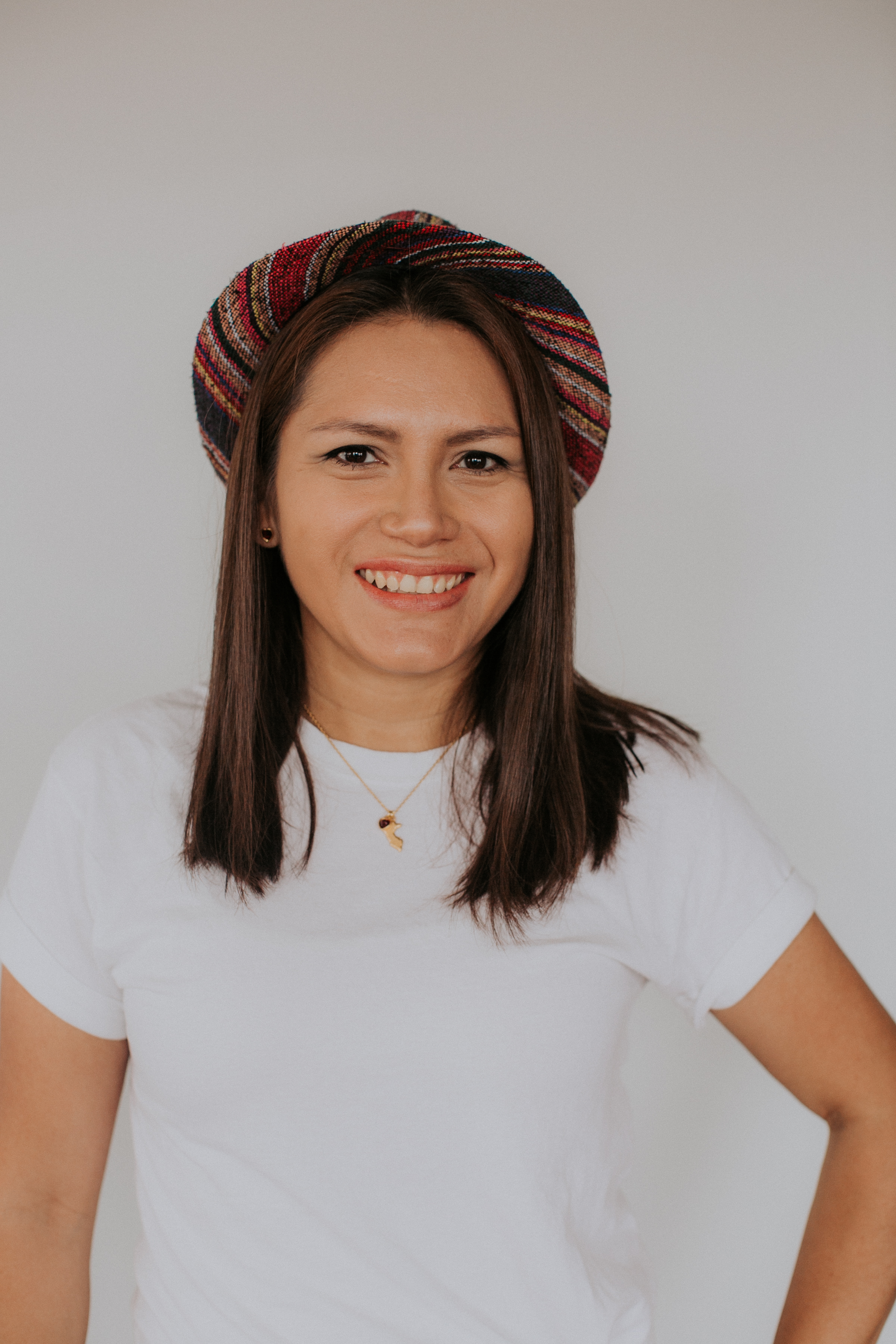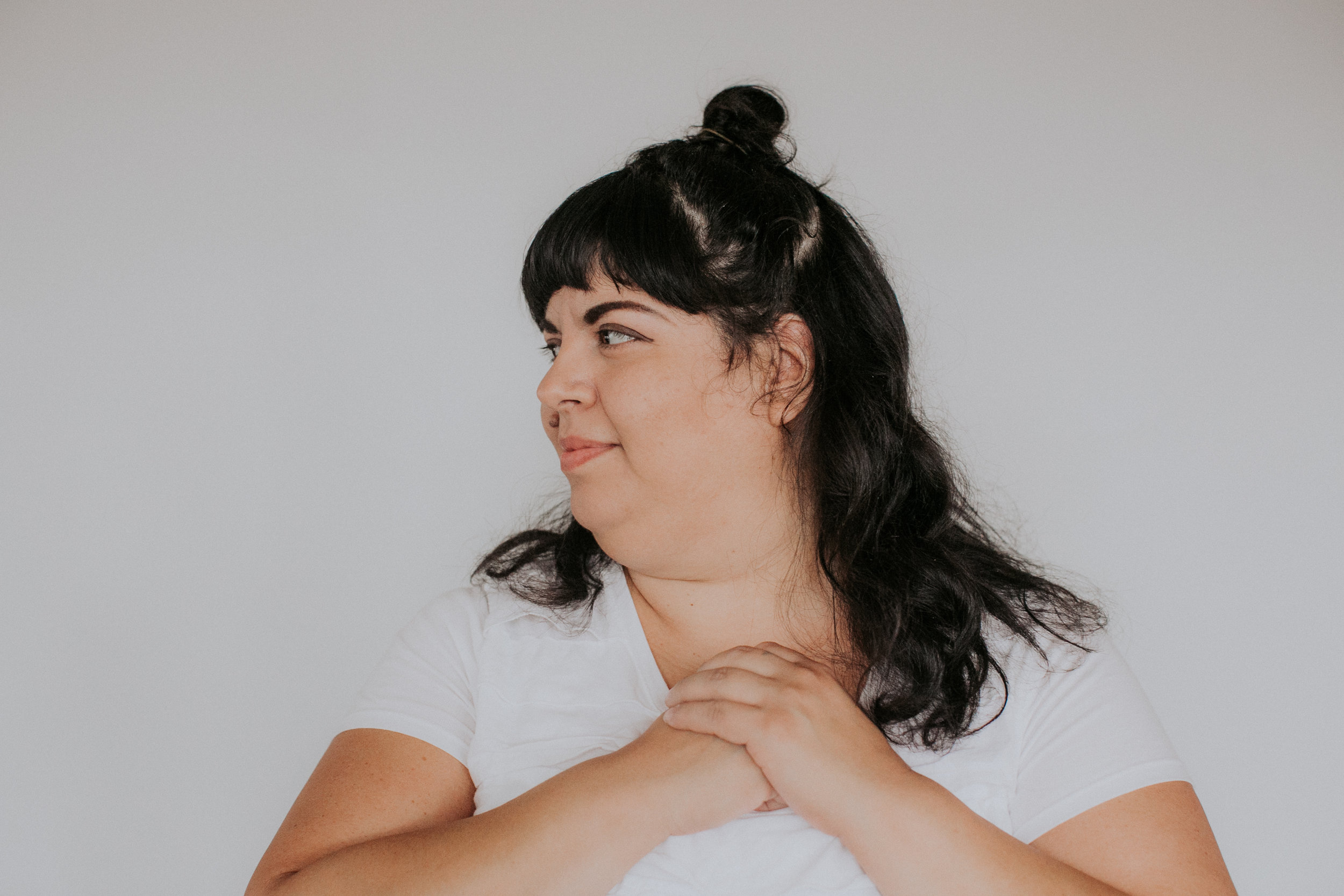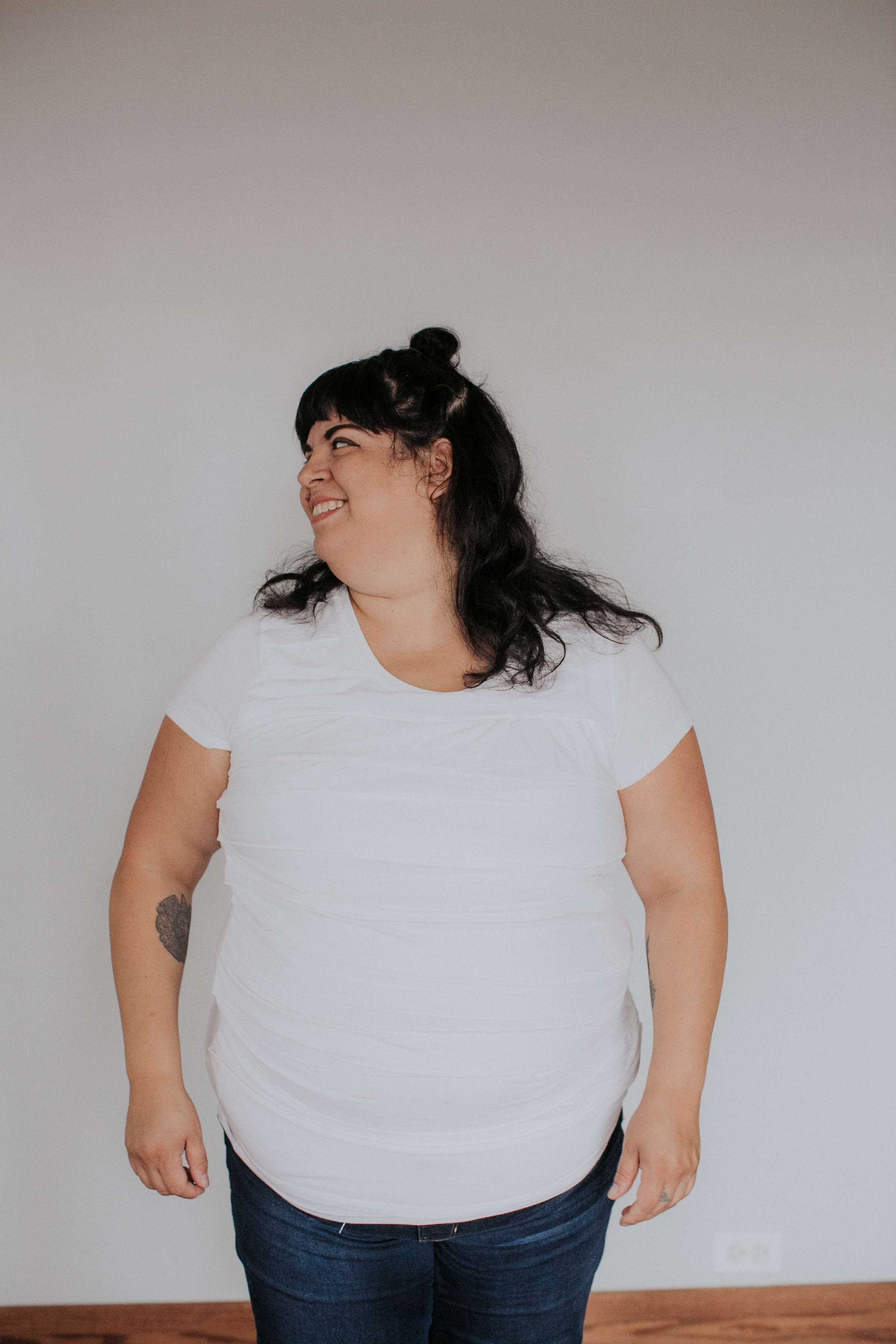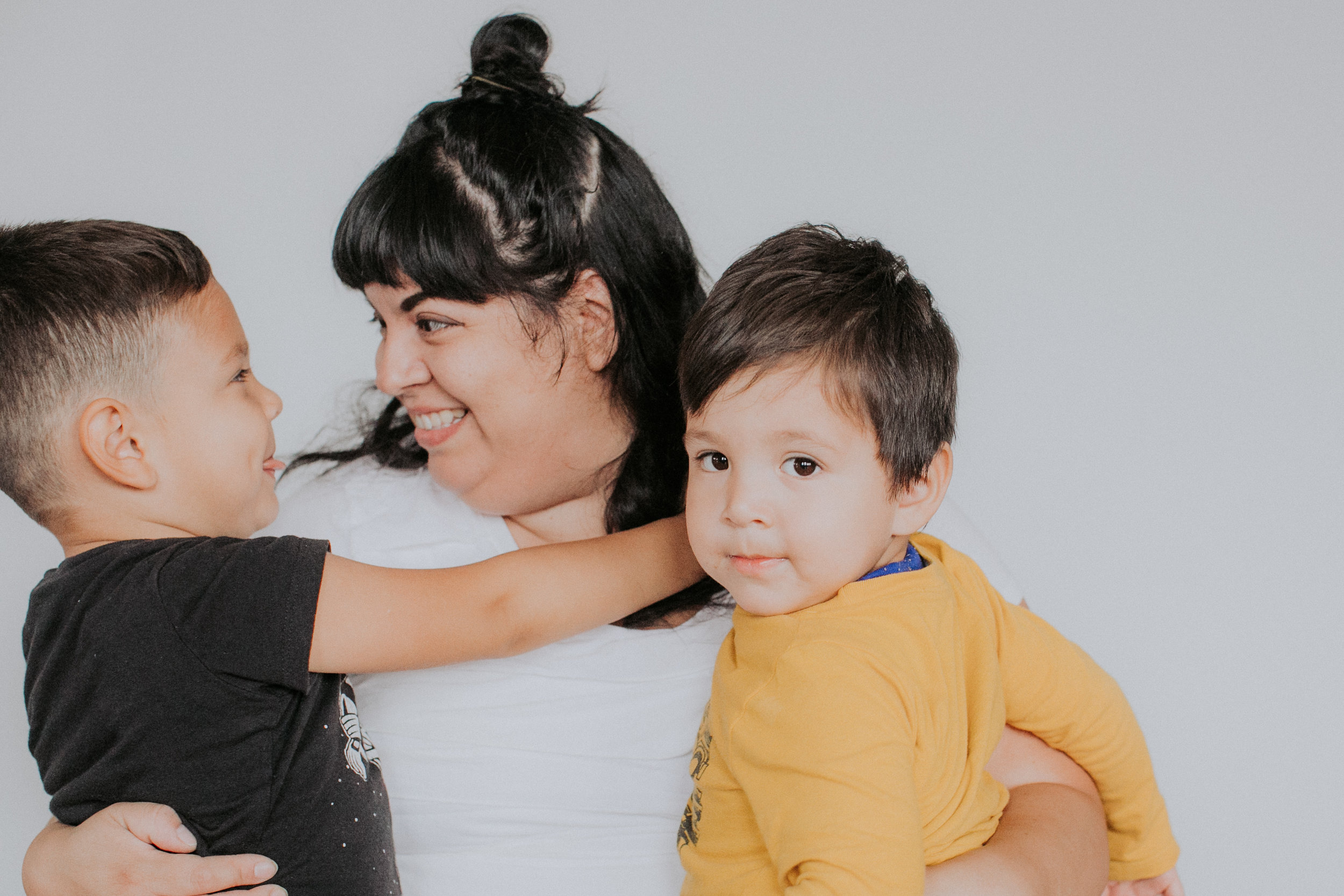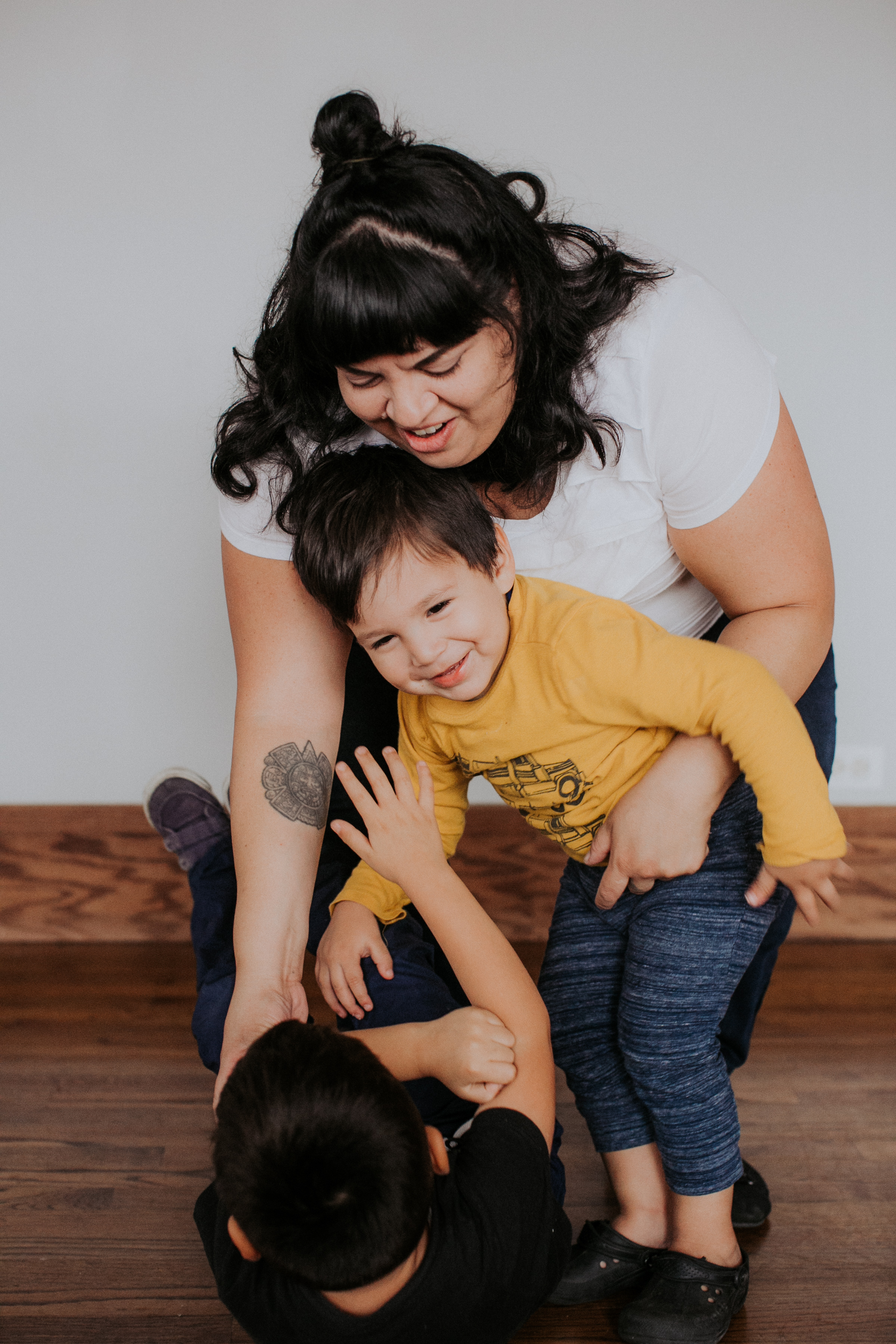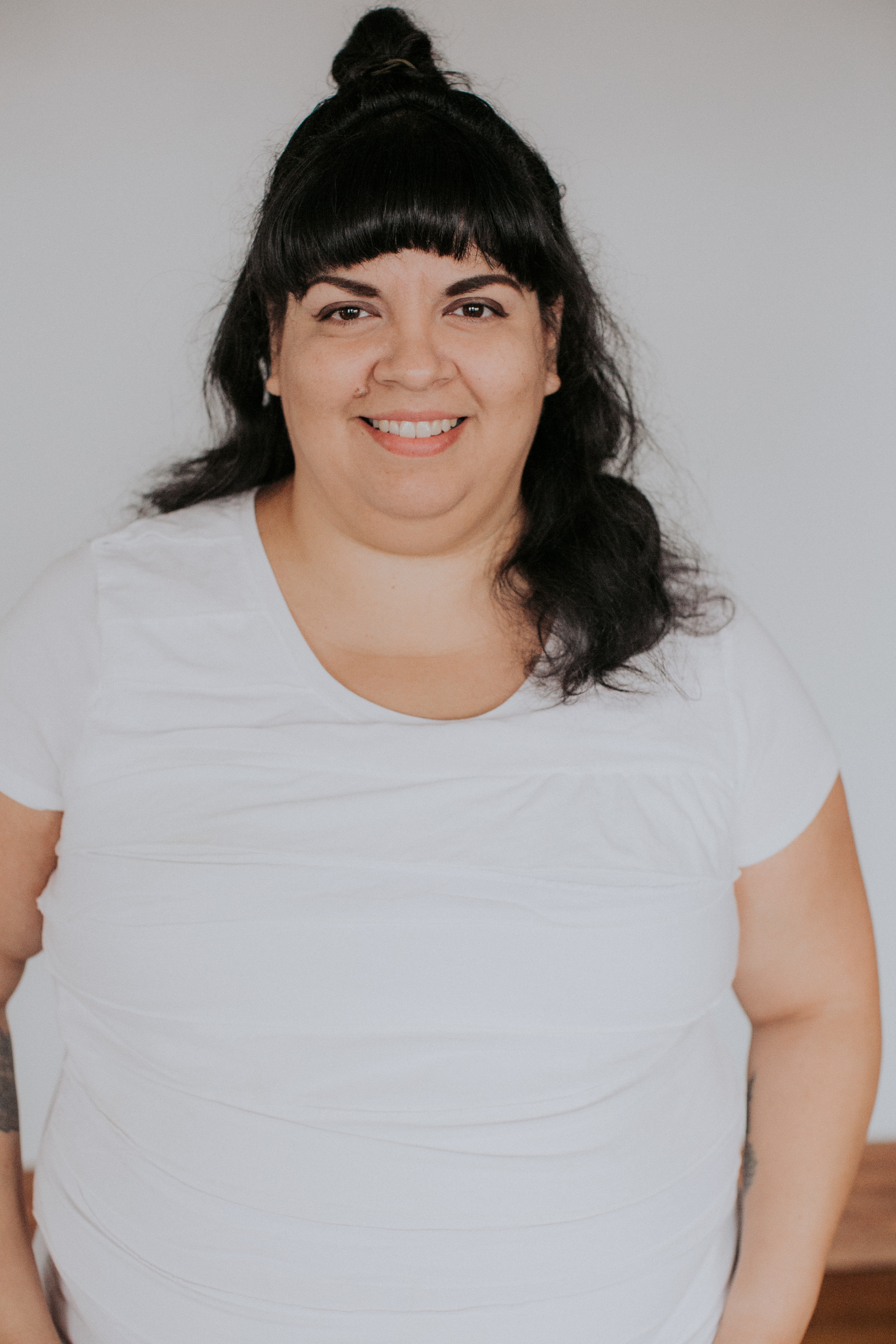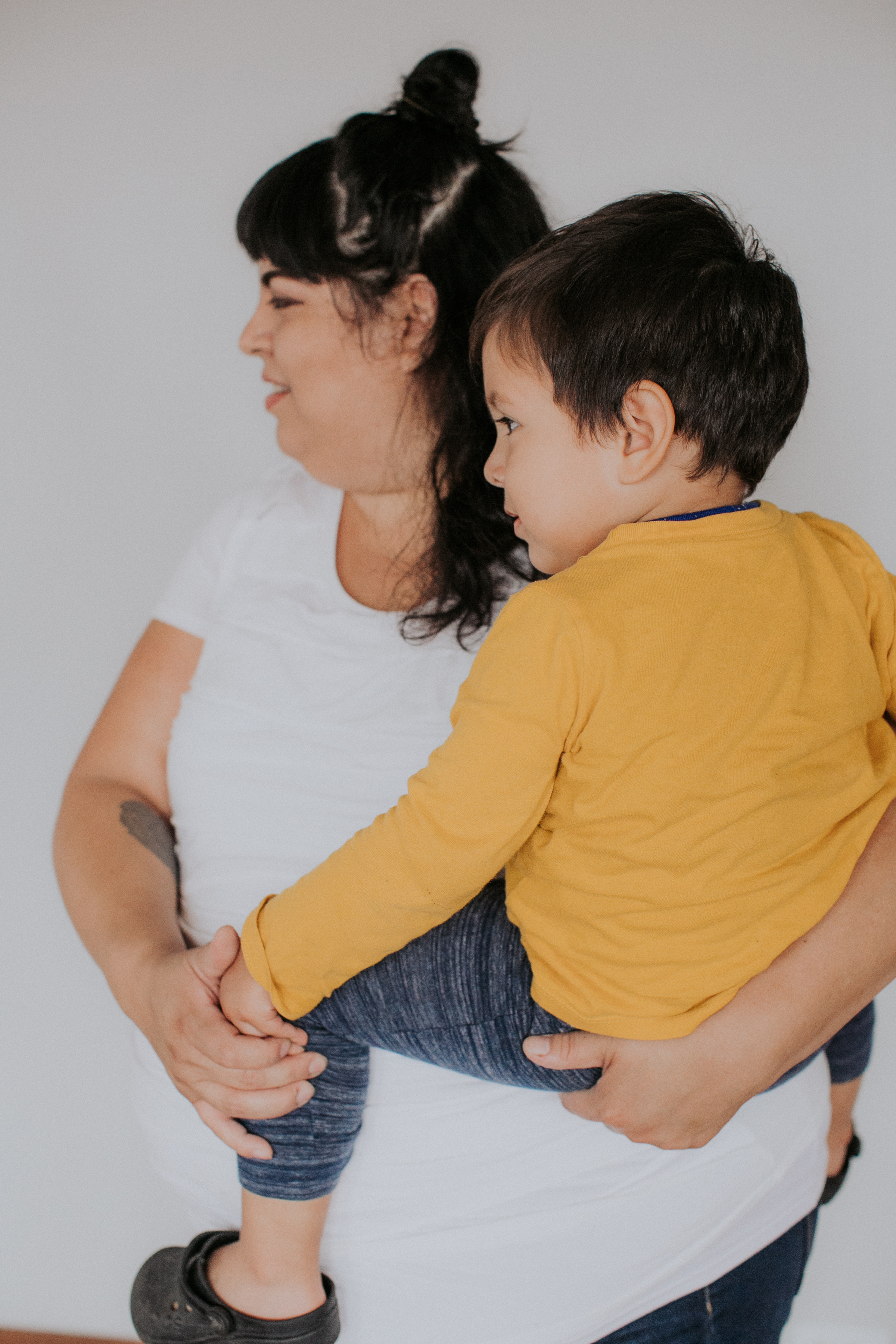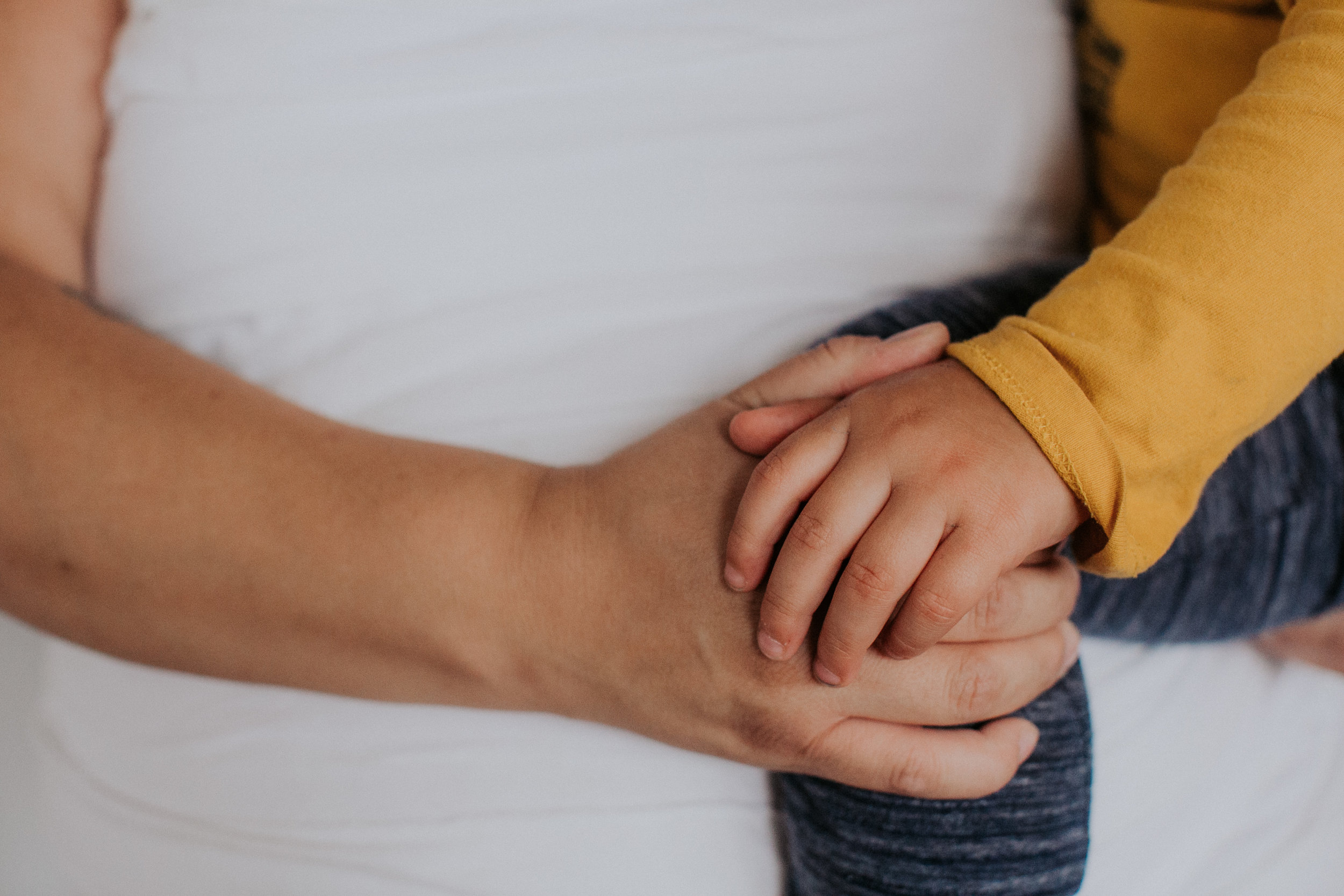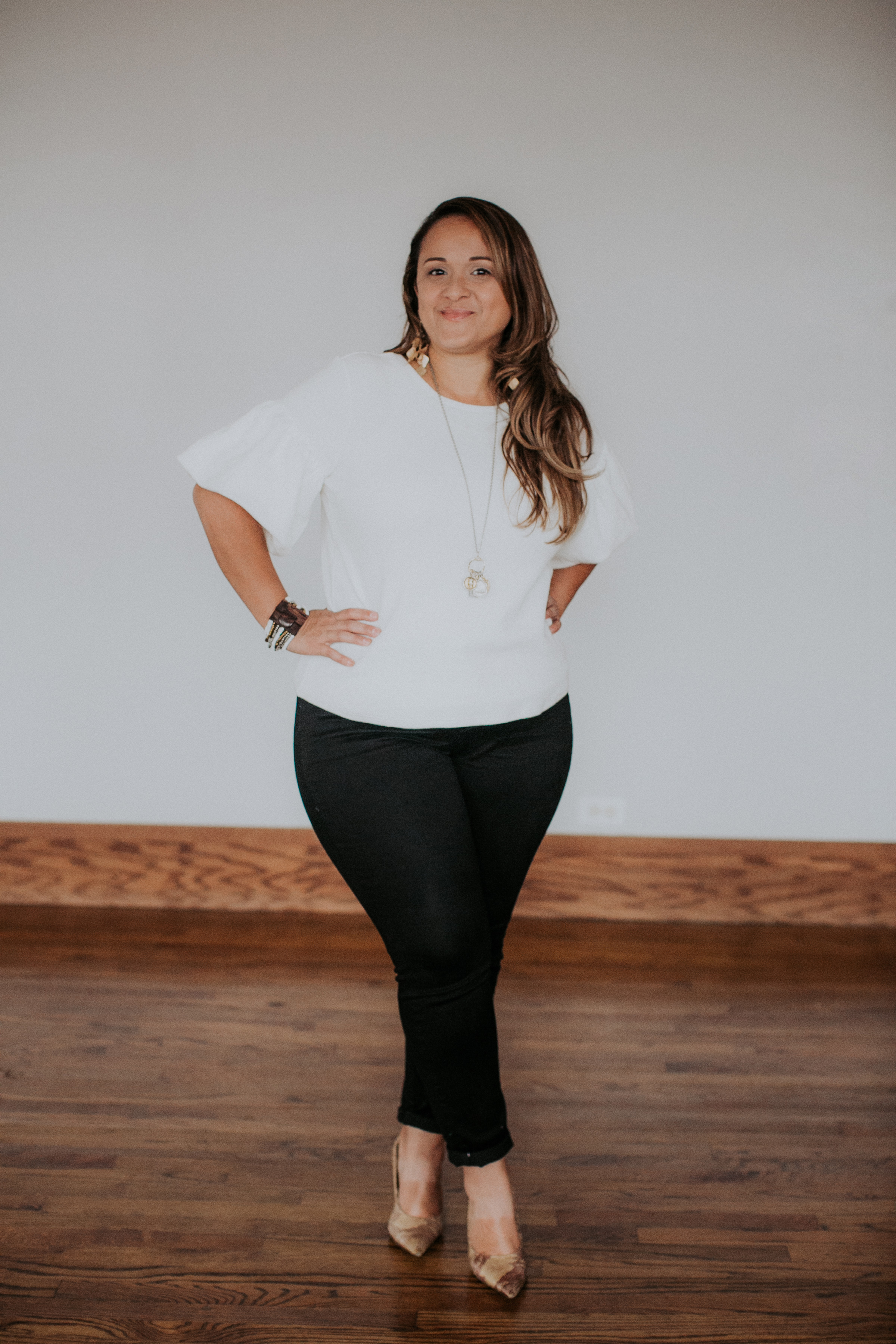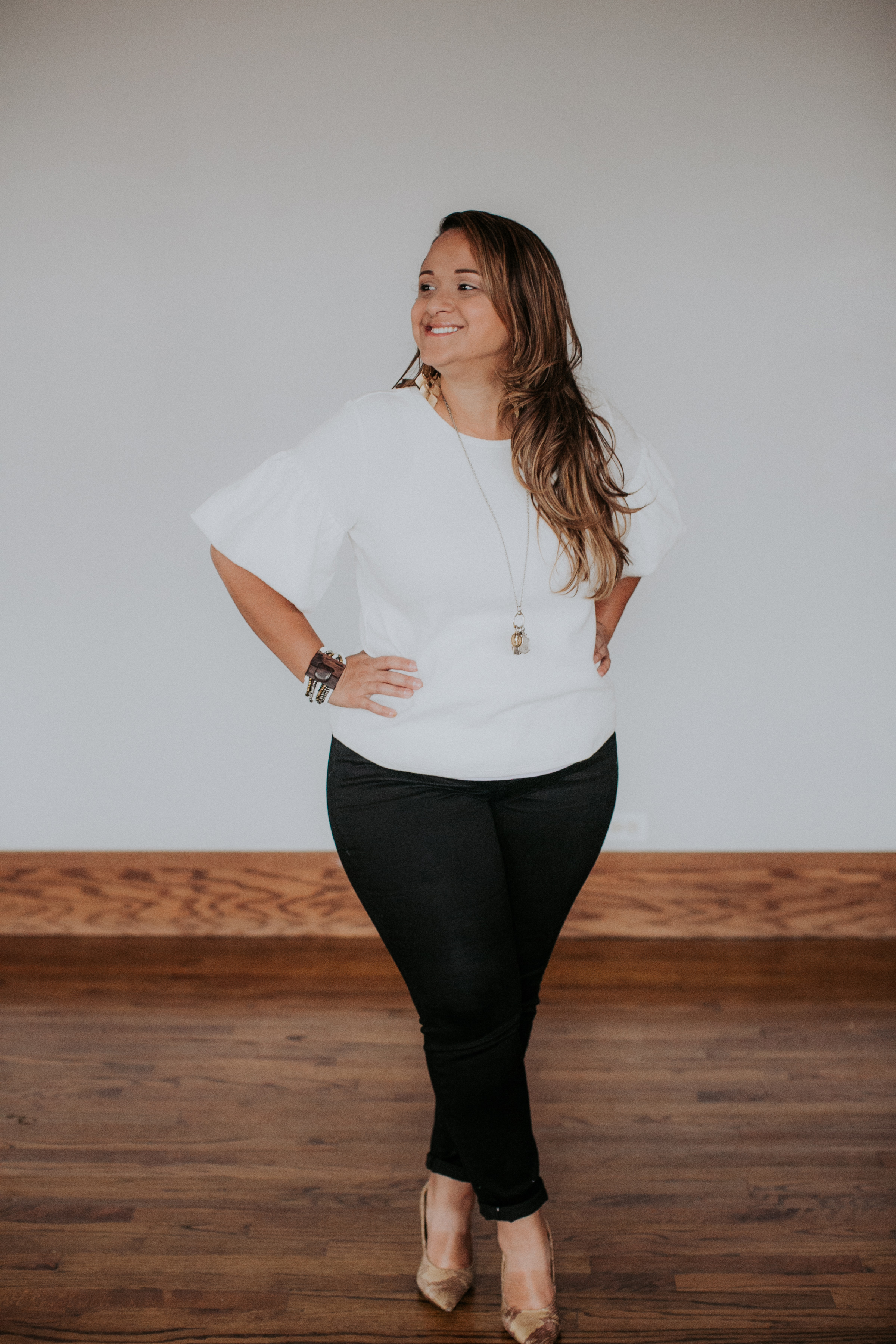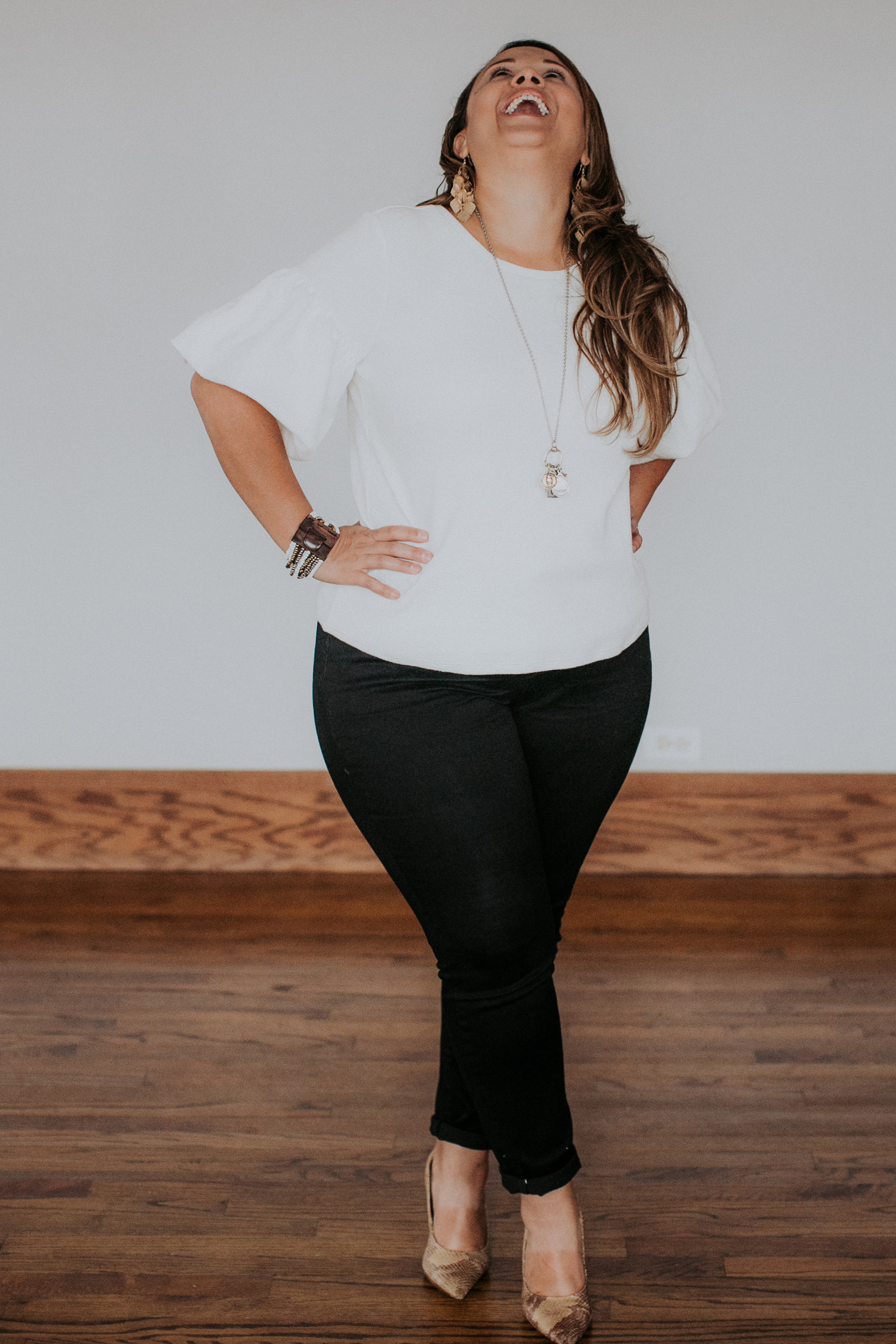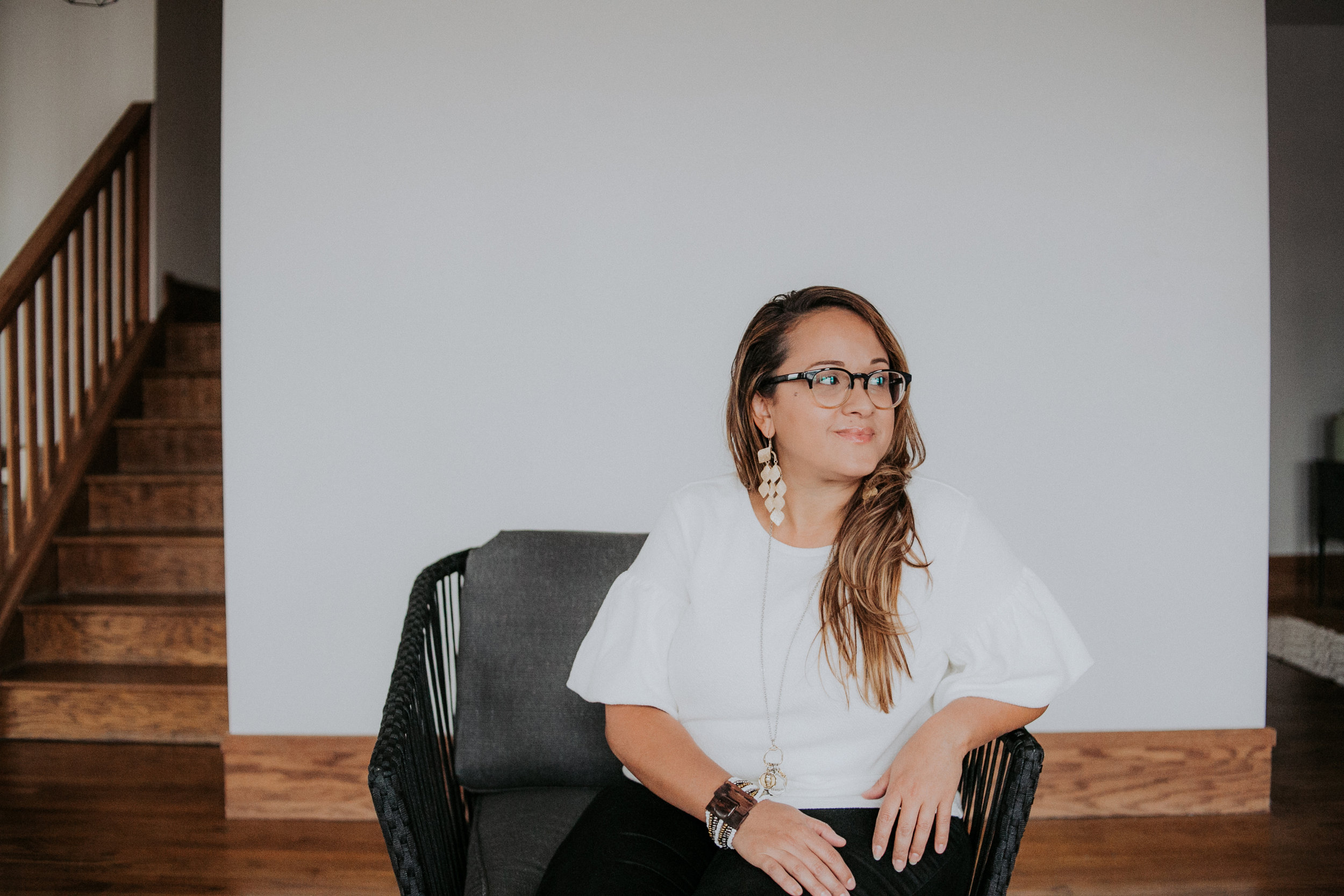Photo Credit: Neil Broere
What does being a Latina mean to you?:
Loaded question. First thing that pops in my head: FAMILY. I never apologize for where my family and I have come from. I use to deal with a lot of shame because my parents were Latino and poor - I’m talking WIC cheese, food stamps and jumping rope with roaches. They were also not very educated, but as I became older, I began to embrace the fact that they gave me and my siblings EVERYTHING they had and they taught us the best they knew how. And regardless of what they had, they were never ever ashamed of being Latino.
Share a struggle you have faced being a Latina.:
Probably trying to measure up to OTHER LATINAS. I mean, I think this can go across the board with women in general, but as a Latina, I have caught myself in the past being so extra with the comparison and completely getting lost in my insecurities. (Have you seen JLo?) Today, I am SO grateful for how God made me. There is no Latina that’s the same. We are all beautiful and unique. There is no Maritza like me - My husband can attest to that! Ha!
Share something you love about being a Latina?:
Our hospitality. If you came to my house, you would know. (Yes, you’re invited!) There is just something about serving and cooking up some Latin food to those who come over. It’s a place where they can be themselves, kick back in a recliner, laugh lightheartedly, maybe watch a movie together and enjoy something that speaks to their soul...and belly! Oh and don't forget the café con leche.
What do you identify as?: Puerto Rican
Where you born in the states?: Born in Chicago.
How have you been able to celebrate and honor your American nationality, while embracing your heritage and culture?:
This one can be tricky. Only because Puerto Rico is a commonwealth of the US. Sometimes people can take for granted the island where we come from because of the privileges we possess. I have never had to deal with visas, passports and converting dollars whenever traveling to and from Puerto Rico. I’m grateful for that convenience, as little as it may seem. (I have traveled to other places that require it and it can be a nightmare.) I honor that relationship between being American and fully Latina. I don’t have to dumb down my heritage. I am grateful. I pray I never stop being just that: grateful.
Do you speak spanish?: Yes, somewhere between fluent and broken.
Have you experienced colorism, or not being fully accepted by your community: Definitely! Most of my siblings are dark Latinos. Me on the other hand, am pretty fair complexion. (My friends growing up would equate me to being transparent, LOL it’s okay, I laugh about it now). So I have been written off for not being dark enough. So much so I would be dying for summer to burn me to a crisp - bad idea! But over time, my color didn’t matter unfortunately. My curly frizzy hair or slight Latin accent was enough to label me uneducated, uncivilized or just good enough to be the “help”. All of it is very humbling. It taught me to treat people the way I wanted to be treated - which is like gold and full of purpose.
Is there something else you'd like to say or add?: I wish all cultures, not just Latinos, would embrace where God strategically placed them in the culture they were born into. We can all learn from each other’s culture. Not one of us have life figured out.

